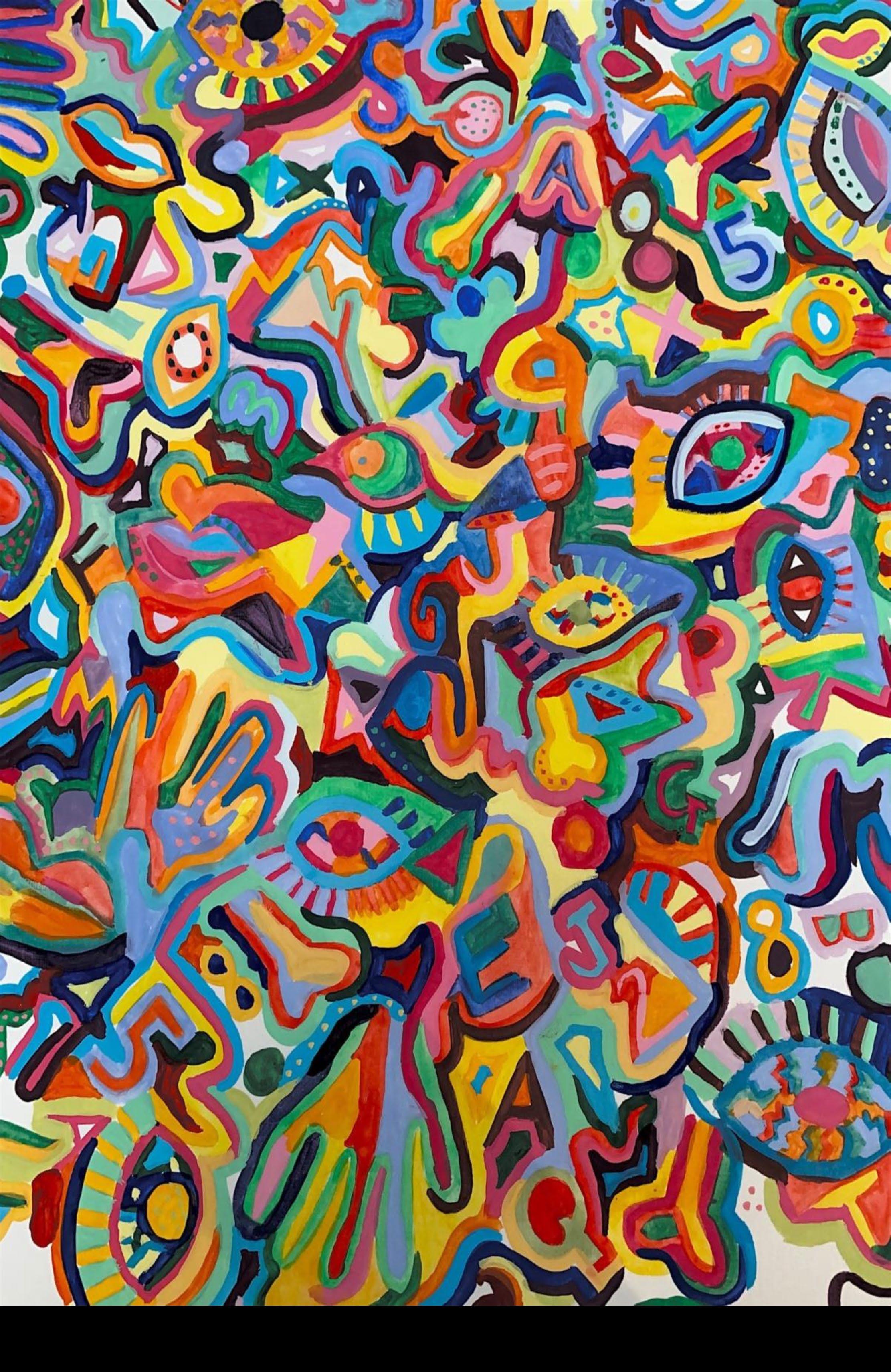

DIVE EDITION 6


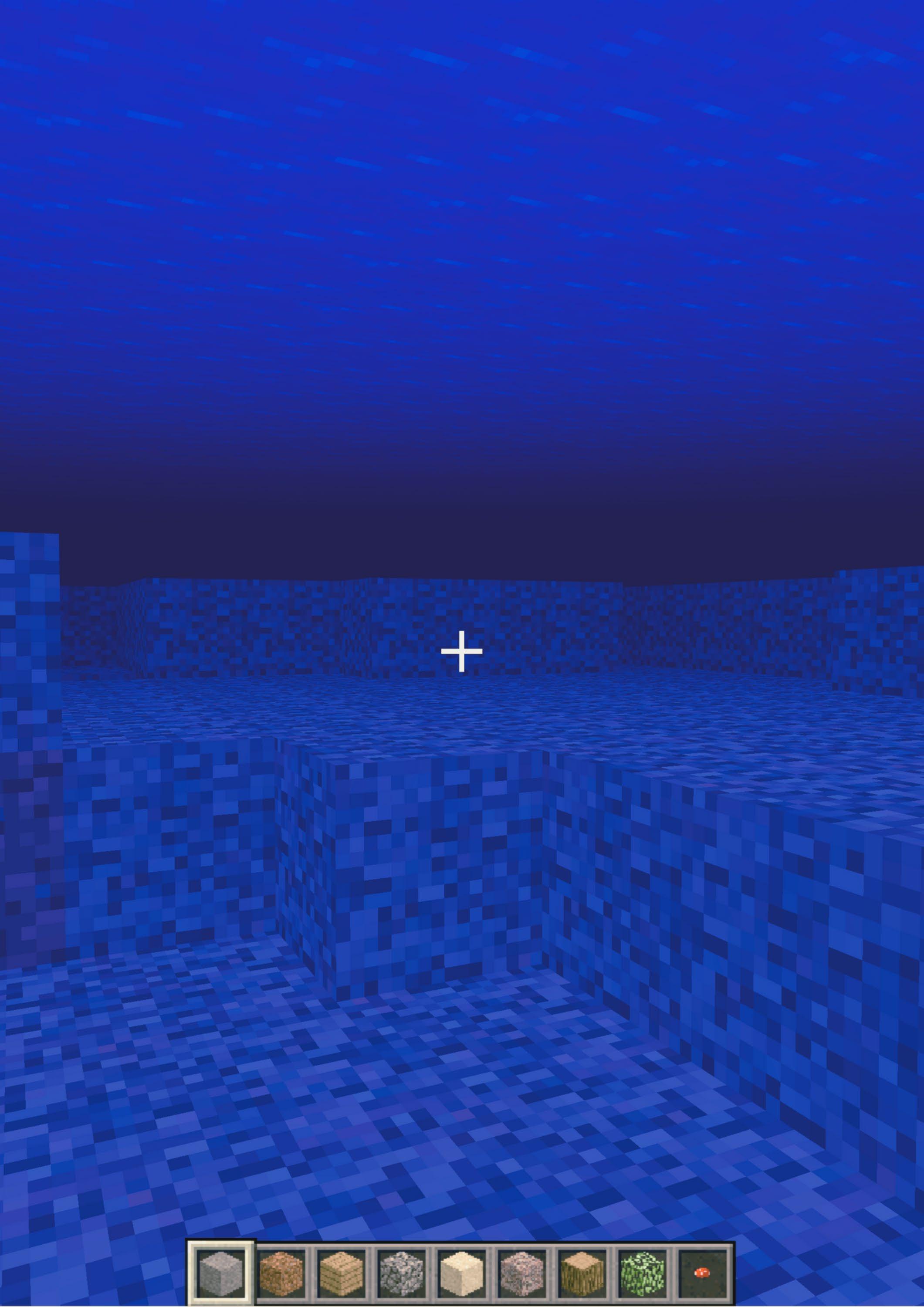
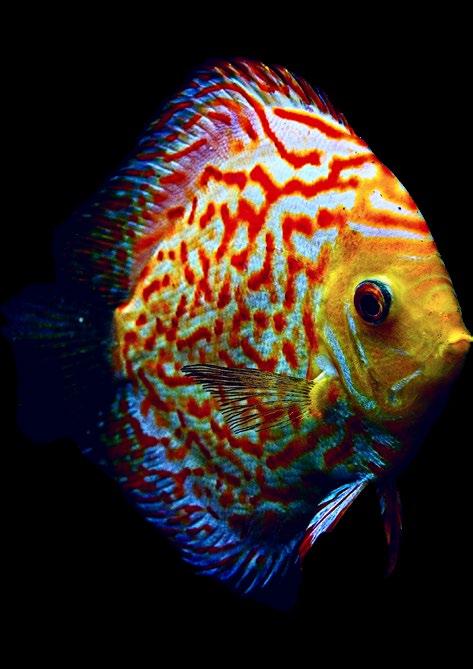
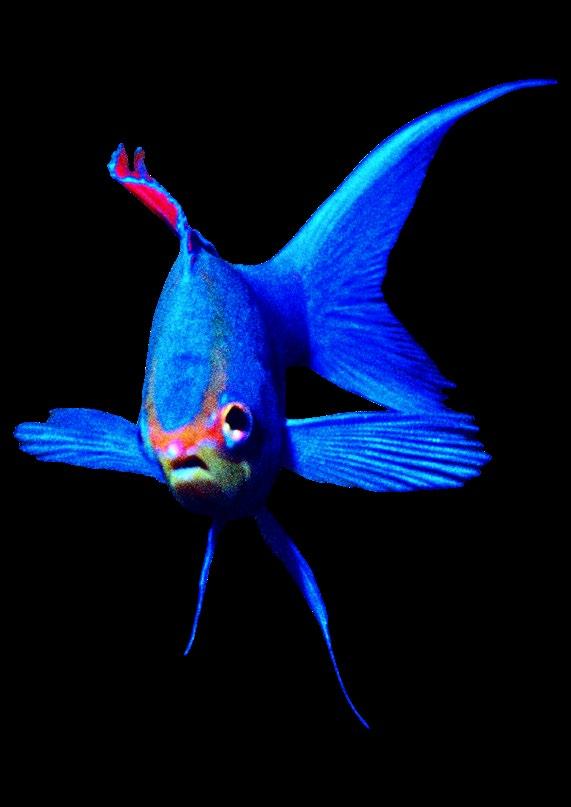
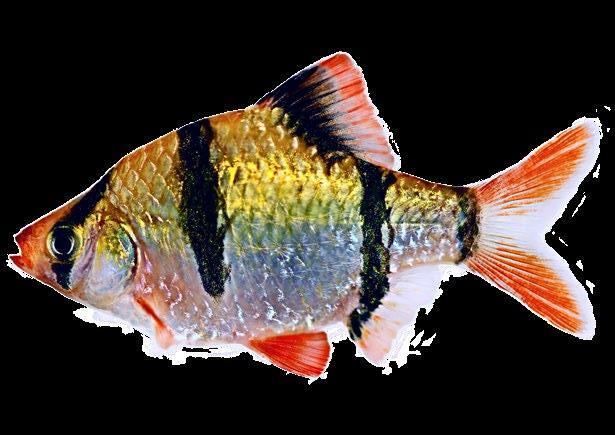
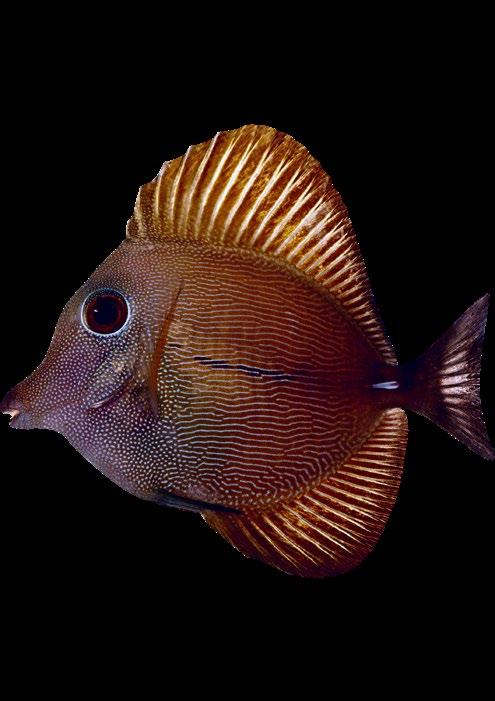
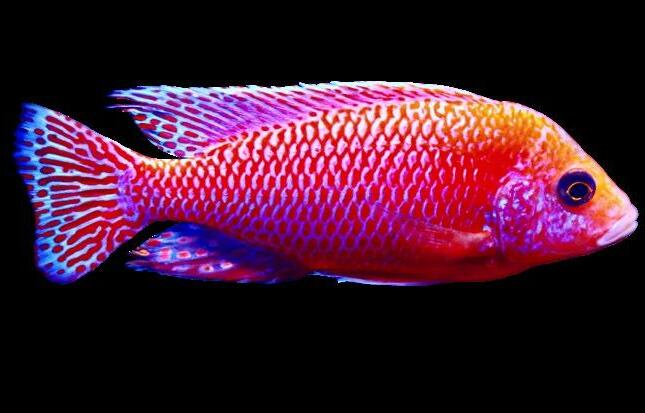
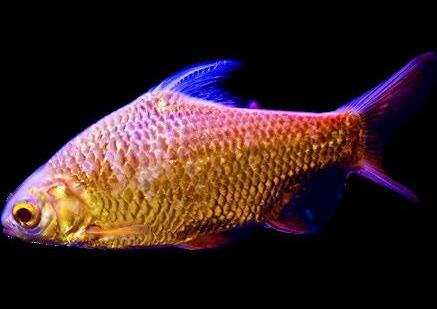
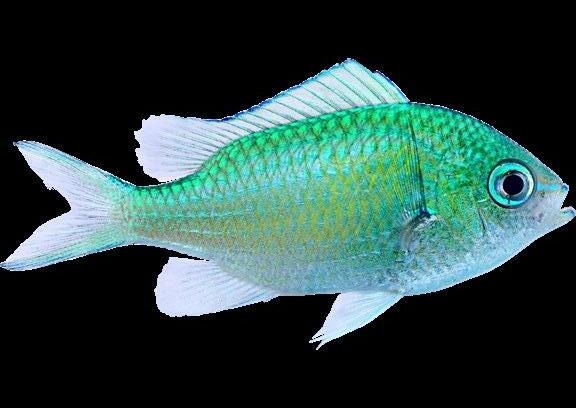
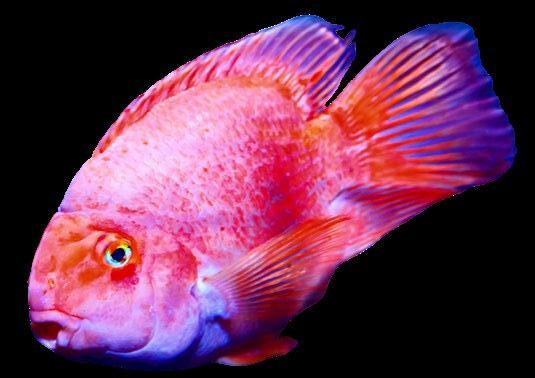
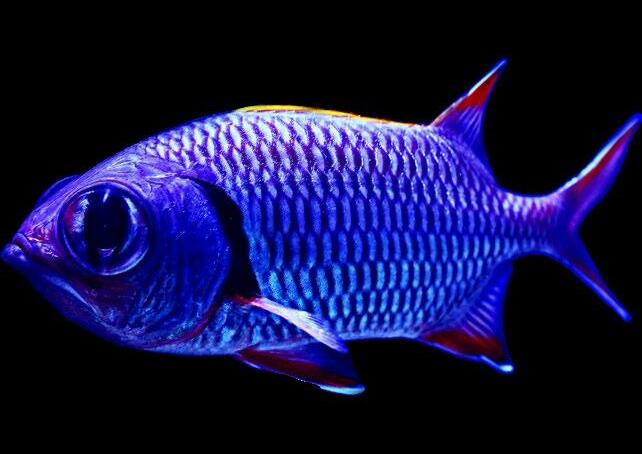
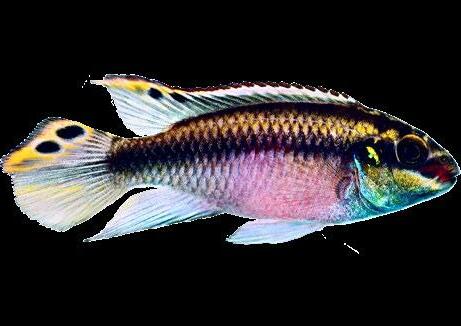
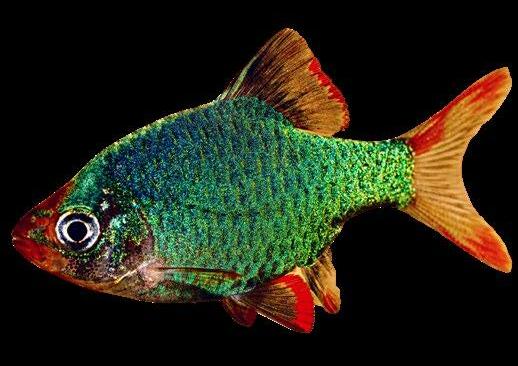
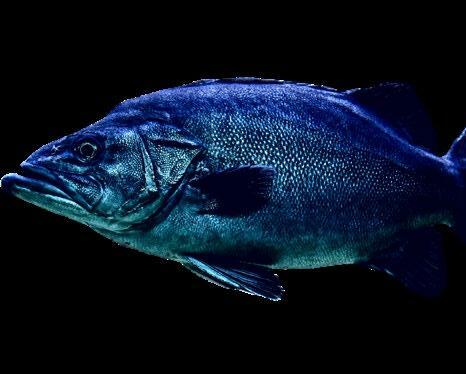
Arabella Ritchie Jeffrey Liang Events Art TV News Radio Photography Chris Jackson Oskah Dunnin Isabella Awad Content Social Media Jasmin Small Xuming Du Ben Coultas-Roberts Brodie Harris Cynthia Weng Max Macfarlane Amy Sitthilath Genevieve Cox Brianna Collett Virginia Plas Oscar Warren Zoe Crowston Sharlotte Thou Jong-hoon Park Eliz So Niall Fleming Jacinta Chen Xianxhi (Kerry) Jiang Hima Panaganti Khanh Linh (Kaylie) Nguyen Mina Kearns Jenny Lin Elsie Gillezeau Sarah Greaves Ashley Davies Amir Alikhani Elizabeth Walker Sisana Lazarus Lily Alexander Indy Shead Chetha Nawana Daniel Ray Aala Cheema Thisuri Ranasinghe Angus Padley Will Salkeld Sabrina Tse Maddy Wang Elroy James Luca Ittamani Rosie Welsh Kristine Li Giam Dan Crane Roxana Sadeghpour Shannon Napier Thomas Burnett Jack J. Batten Ruby Saulwick Zelda Smith Dina Luate-Wani Sophie Hilton Maya Johnson Bec Donald-Wilson Alexandra Ingram Elektra Dizz George Hogg Nat Johnstone Josh Macdessi Ria Singh The front cover of this edition was designed by Lucy James. The piece is titled ‘Synesthesia - A Fusion of Perception’ and was created with gouache and graphite on paper. The piece aims to explore the unique sensory perceptions of graphene-colour synesthesia, and encourage the viewer to dive in and explore the intricacies of the human mind.
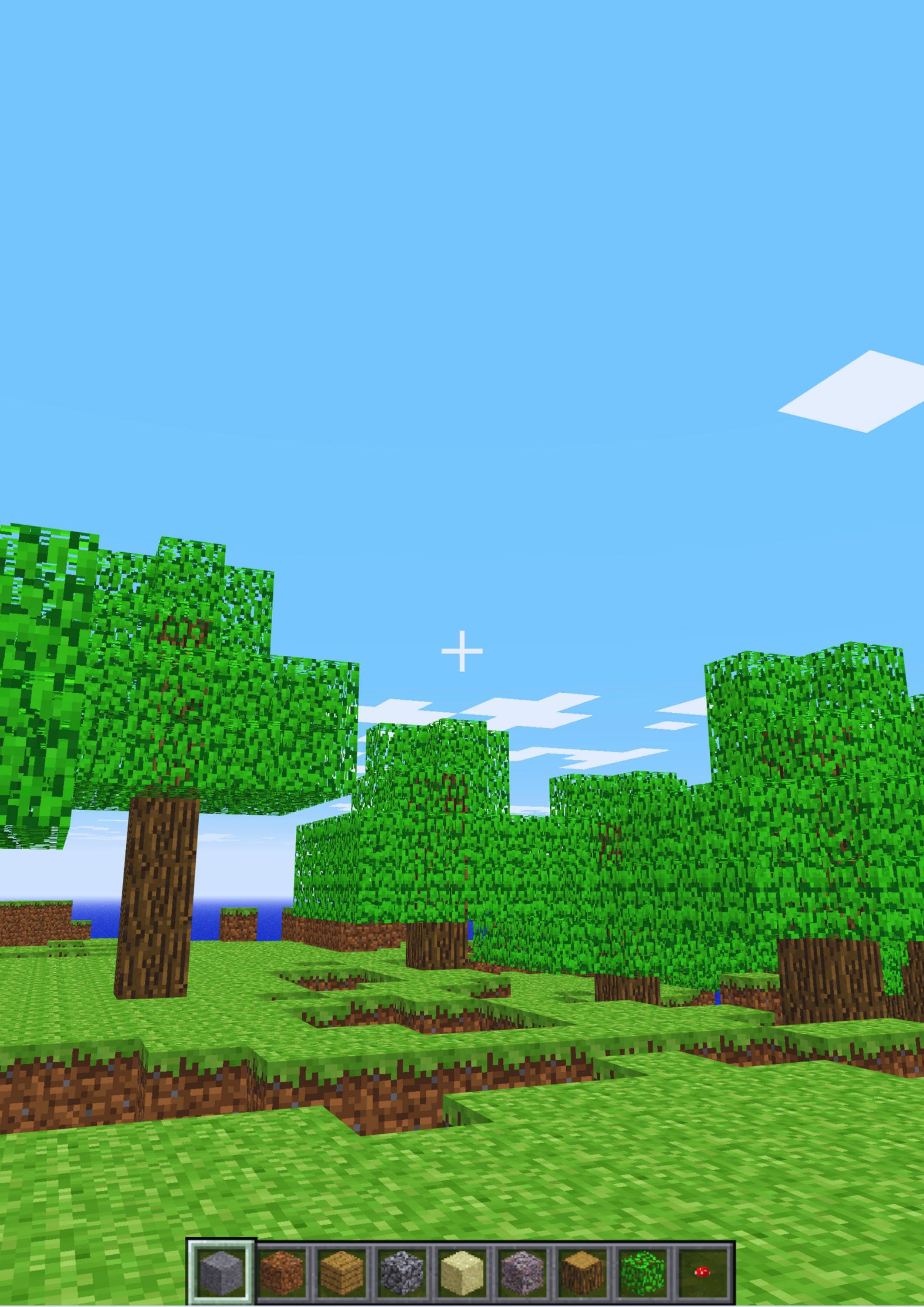
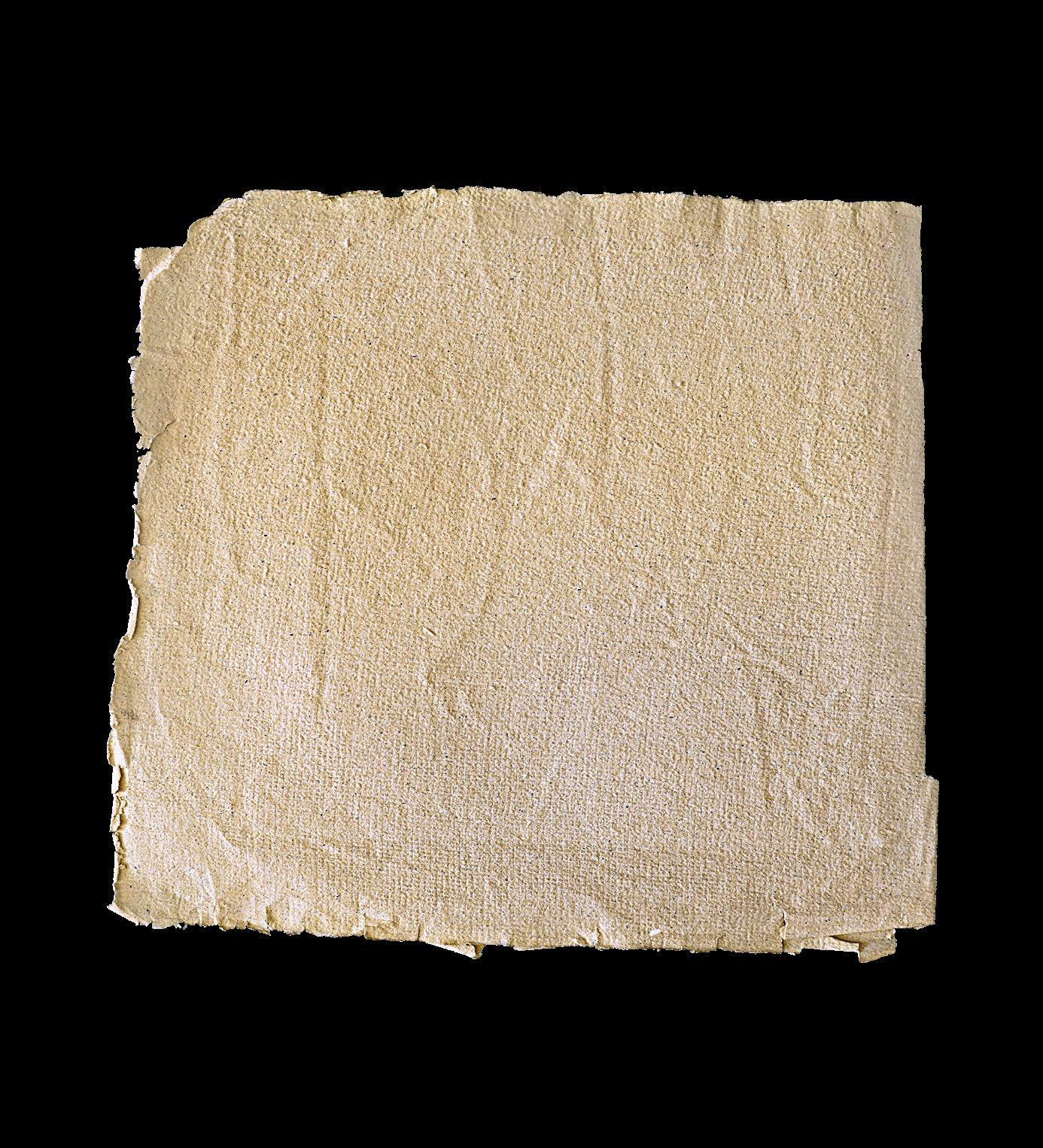

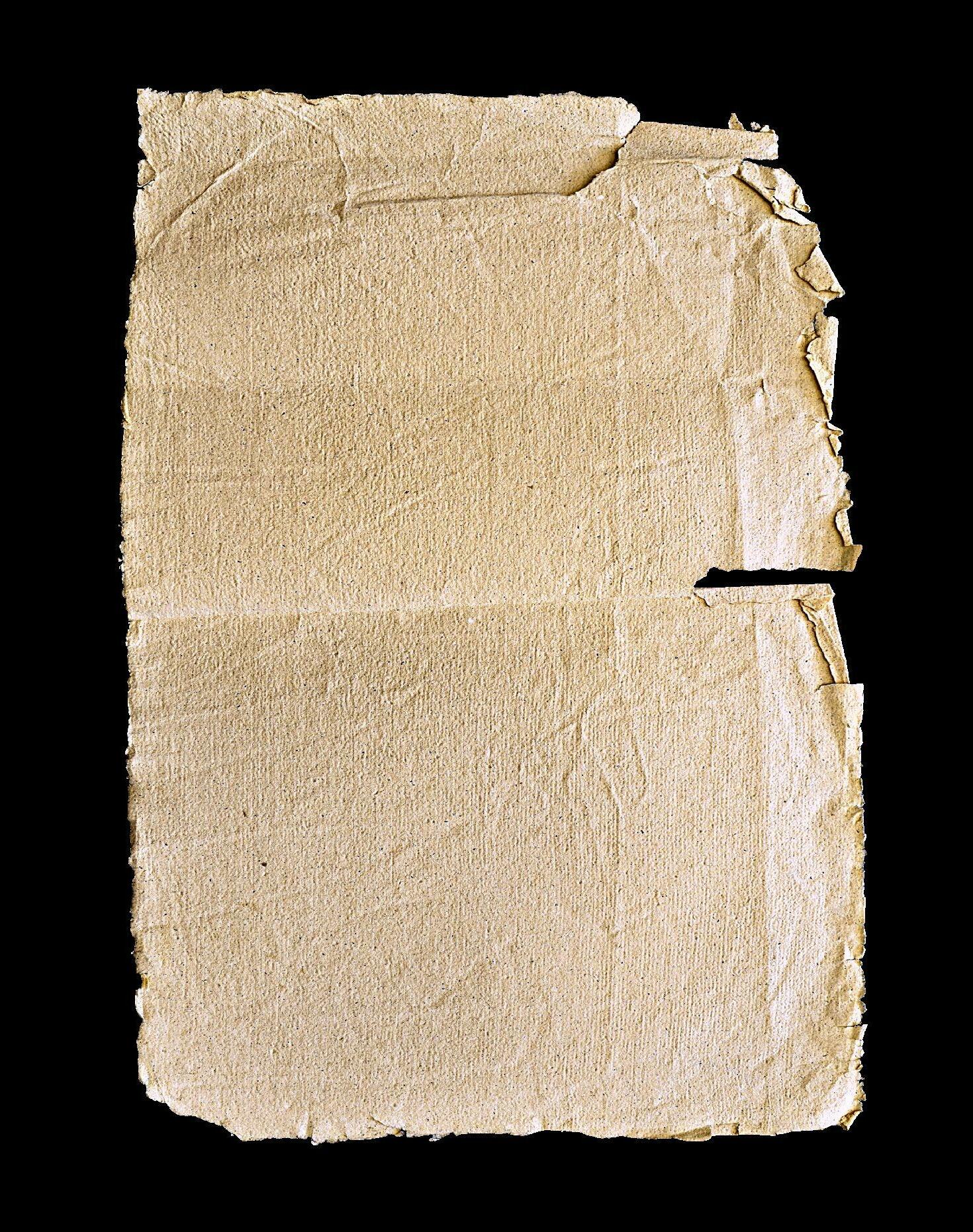

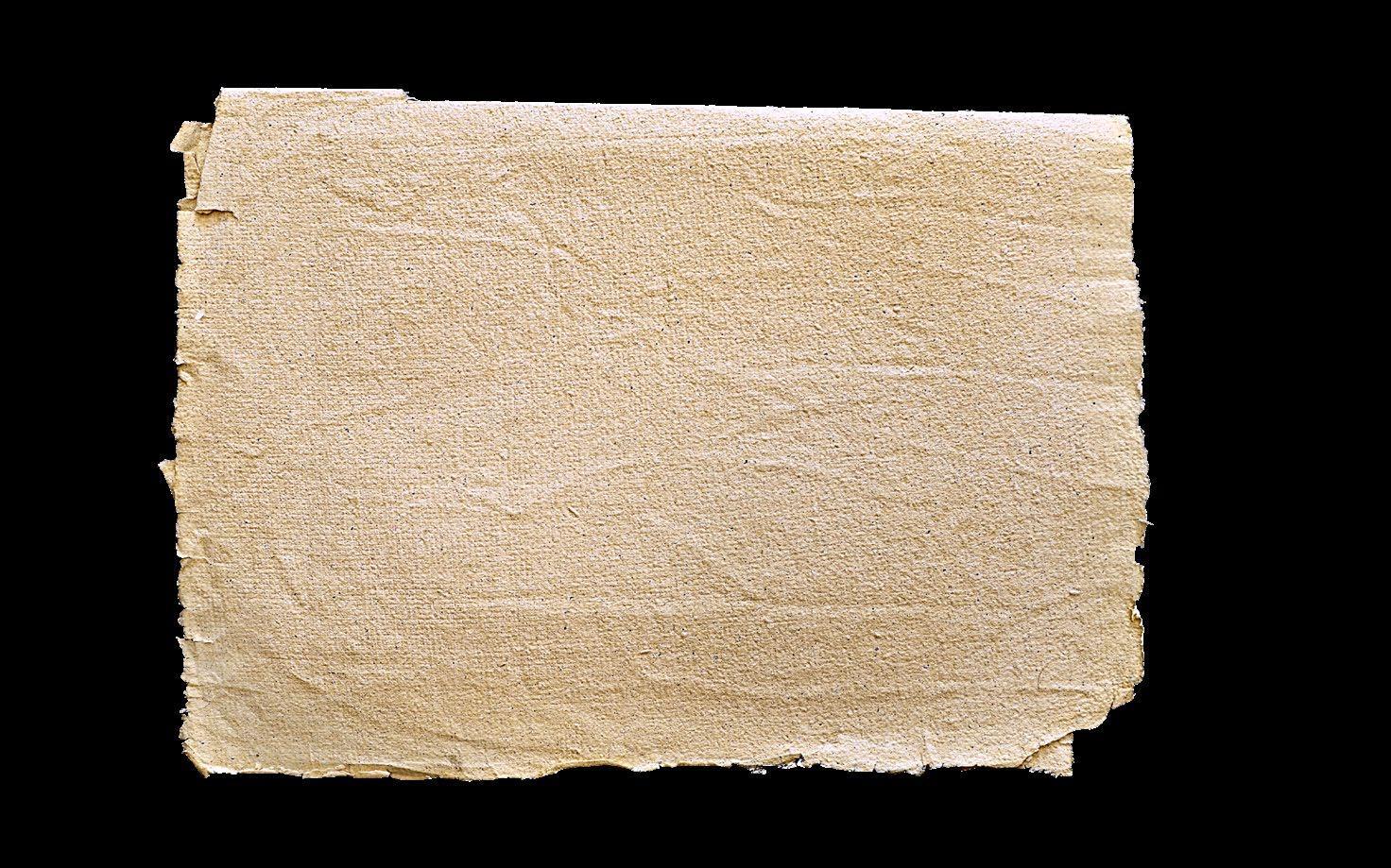
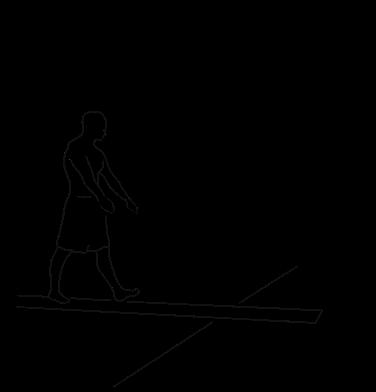






Art by Rose Dixon-Campbell 3. Failing Students Must Pay Upfront for University 5 ANUSA to Absorb Postgraduates 6 Staff Bargaining 8 Cosmic Loneliness 11 Monsters of the Sea 13 What Really Happened in Sri Lanka? 16 The Good, The Bad and The Meg 21 The World Wide Web 23 Sharing the Same Destiny 24 Sacred Sacraments 26 Peter Garrett: From the Old Library Lawns to the Australian Stage 29 Hoppe hoppe Reiter 32 Under the Surface 36 The Shallows / The Depths 37 Sorrow and Horror 39 Deep End 40 Diving Out 42 Space Unfilled 45 The Ursies Pool 47 To Feel: What the Ocean has Taught Me 50 A Bittersweet Beginning 52 Hotel Hell: The Doomed, The Damned, and The Deranged 54 The Hunt for LBGM 56 September 58 Midnight Blue 59 Crystal Voyager by George Greenough 60 Oh! I Who Love Thee 62 Cover Competition 64
Letter from the Editor(s)
Another year goes by, and it’s hard not to feel bittersweet about where we’ve come from and where we’ll go. As we dive into a new chapter of our lives, our time here at ANU and as your Woroni Editors is coming to an end.


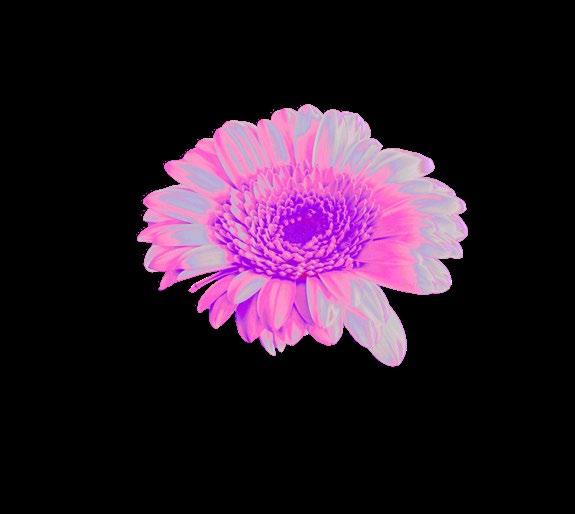
Unexpectedly, we spent most of our university years in Zoom classes, lockdowns and isolation. It’s easy to feel like we lost our youth to some stupid bat spit that sent the world into a frenzy. But that would mean taking our other treasured memories for granted. The friends we’ve made and lost along the way, the college crush and that tutorial classmate that won’t stop talking. Watching people swim in Sully’s Creek. That really nice lecturer and that really weird mean one. Going to bed as the sun rises. Watching the trees turn all shades of flaming red, orange and brown, and blossom again when spring arrives. The ducks, rabbits, possums, magpies (and the occasional rat). Late-night Macca’s runs with your intoxicated friends. Sully’s flooding the amphitheatre every time it rains. Cycling through Uni Ave. The moonlight and stars on a clear wintry night. Stupol season (not really). Staying up all night at the library. Lunch with friends after class. Drinks with friends after class. Drinks before class? During class? Yes.
Uni is all about diving, whether it’s trying out a new look, figuring out what you like about yourself or figuring out what you like about others. It has always been a place to dive into yourself, new ideas and experiences. In remembering our time and anticipating our next dive, we think of all the hilarious, nervous and spectacular dives. Swimming in Sully’s Creek, kayaking in Sully’s Creek (We recommend everyone dive into this underrated campus attraction (MOUTH CLOSED) during that brief time of the year it looks palatable).
All the late nights and laughs. Going out to Moose as a first year, as a later year staying in and getting even more blasted, and all the early mornings and midafternoons preparing to do it all again. Meeting people, making great friends, having those chats that last forever, and finding that person that makes your heart stop for just a moment. All these things never quite feel planned though. Maybe the end of uni dive can never be planned and it’s best to feel the temperature as our hands break the surface and just hope the water is deep

These are the things we’ll miss. Uni sucks. But it sucks a little less when you have things to look forward to and the right people around you. Who knows what we’ll be doing next week, let alone next year. But Fergus and Clara definitely for shure 100% know what they’re doing with their lives. Definitely. 5-year-plan is absolutely concrete. Can assure you that they have it all planned out. 100 percent.
So go forth, unabashedly and fearlessly, and dive into

With love,
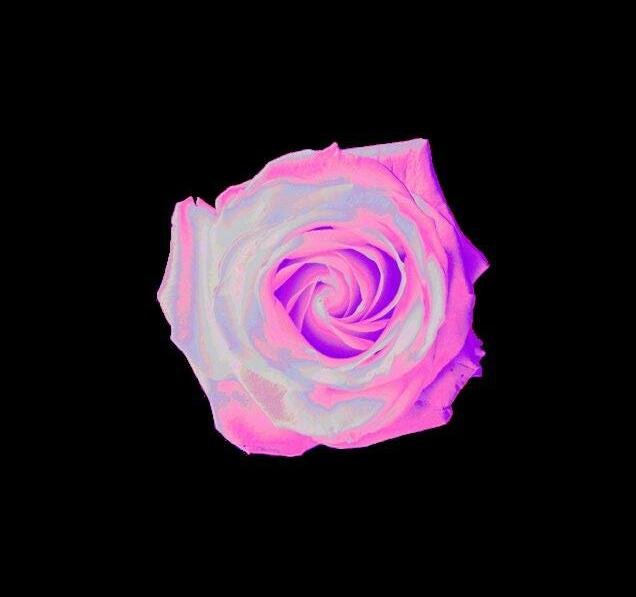
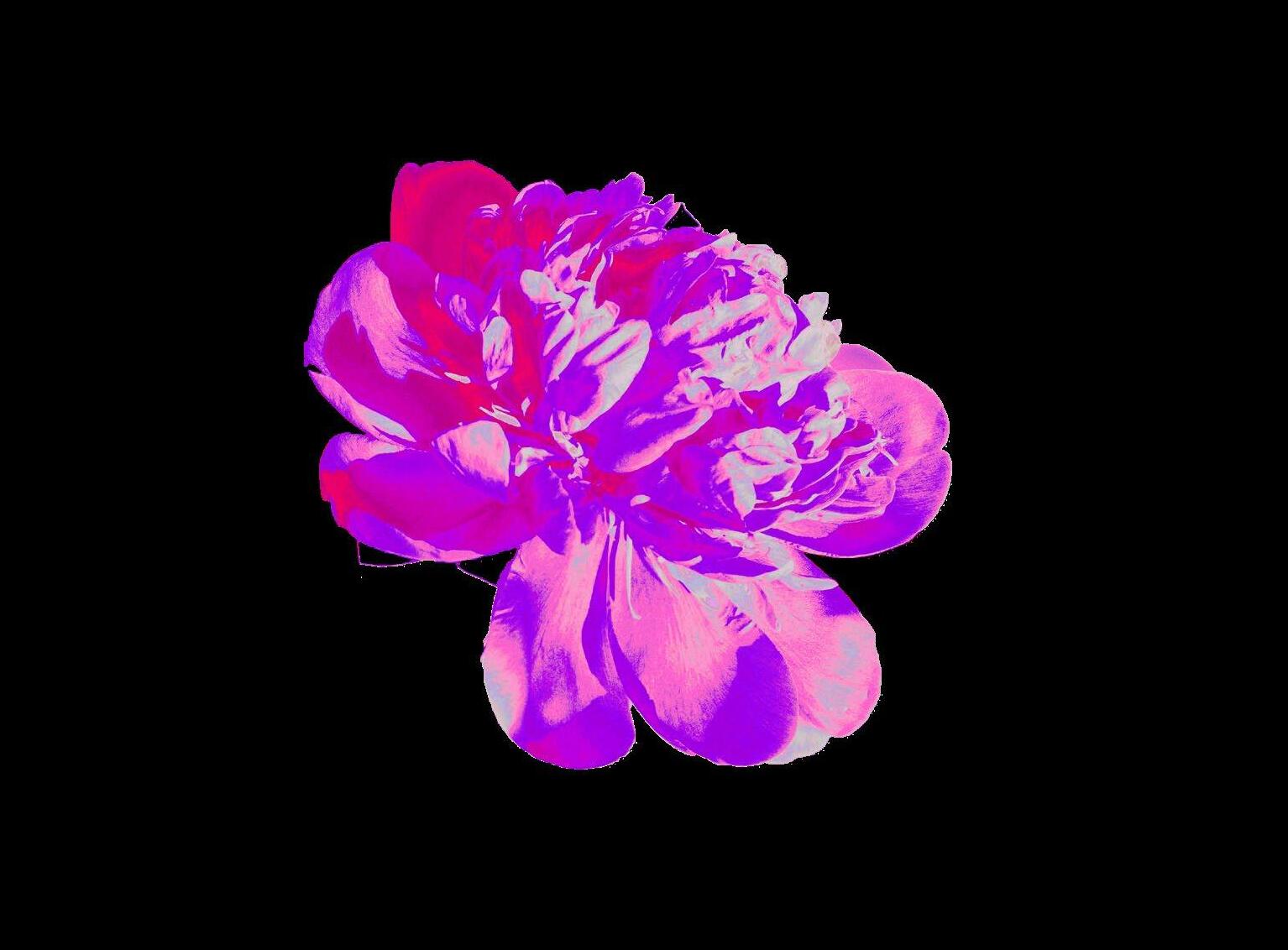

Fergus and Clara Head of Radio, Head of TV

4. Art by Cynthia Weng
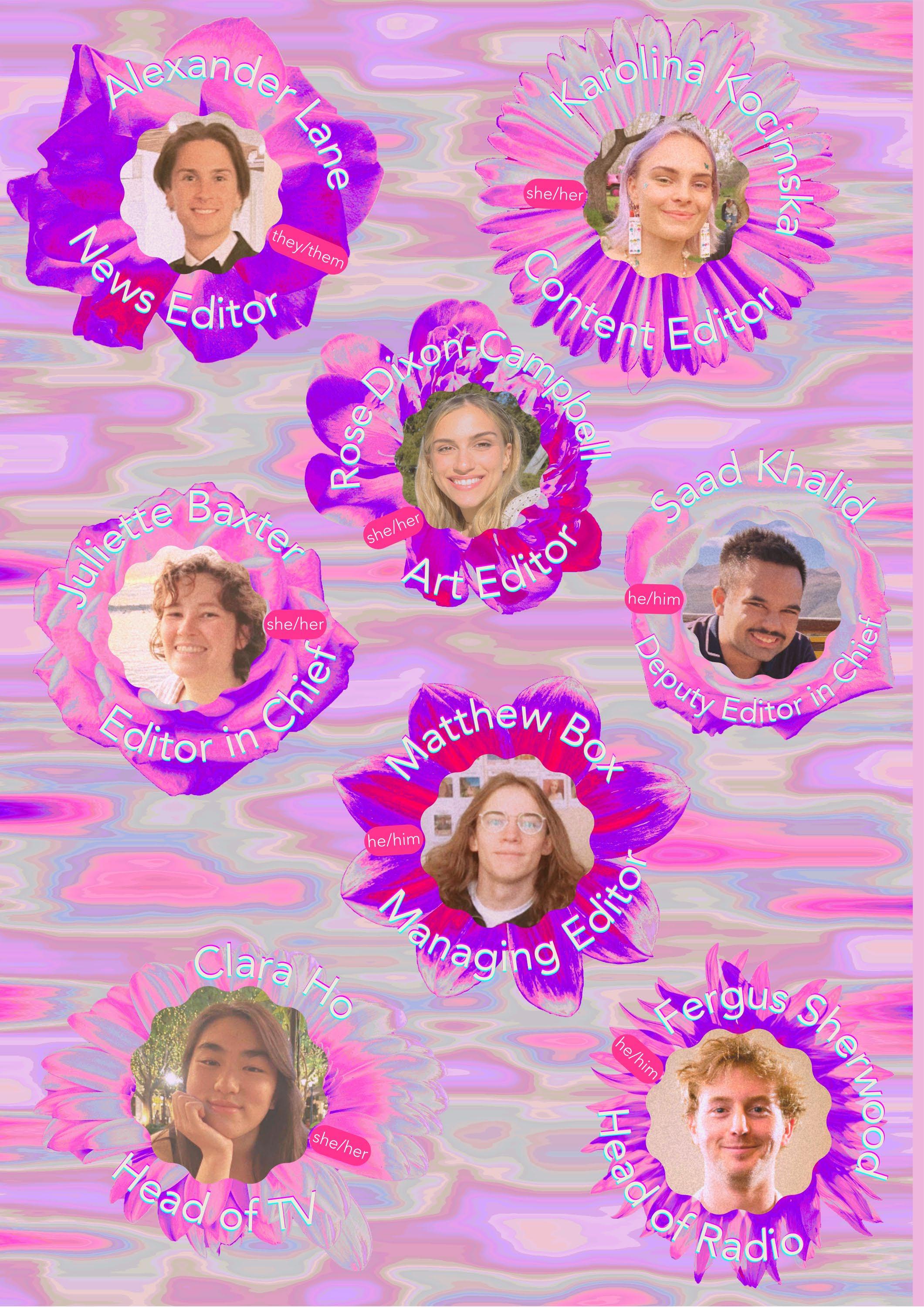


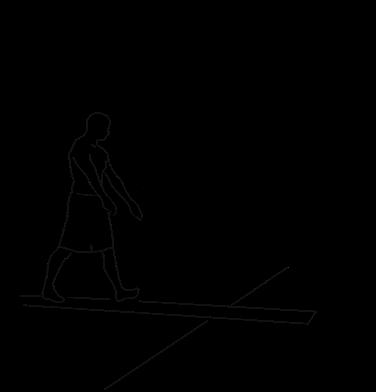
Art by Cynthia Weng 5.
Content Editor’s Note: As part of an ethics of decolonisation and inclusivity, Woroni will no longer italicise nonEnglish ‘foreign’ words. Italicising non-English words creates an othering effect, forming a boundary between words that are supposedly ‘exotic’ and those that belong in the text; the non-italicised, the English. We are com mitted to being inclusive and welcoming for all students, and to interrogating the power embedded in language. If you have any questions, please reach out to woronicontenteditor@gmail.com

6. Art by Ben Coultas-Roberts NEWS
Failing Students Must Pay Upfront for University
Zelda Smith
Students who fail 50 percent of their classes after one year at the ANU will no longer be able to access a HECS-HELP or FEE-HELP loan to pay for their education. The change is part of the Australian government’s 2020 Job Ready Graduates program passed by the previous Liberal-National government.
This means that to continue studying, these students will have to pay the full upfront cost of their studies. See the table below for upfront course costs.
According to the ABC, these changes affect 2,500 students across the nation. At the ANU, this policy will impact 120 students in the first year of implementation. It should be noted that 120 is the smallest number of students that will be affected at the ANU, as currently this number only includes first year and transfer students. The amount of students failing, or close to failing, 50 percent of courses, will only increase as time goes by.
Research has shown that students who face outsized consequences for failing are more likely to cheat, and to contract cheat in particular.
The ANU offers a range of courses, but has a large humanities cohort, more likely to be studying Band 4 fields. This means that the average impacted student at the ANU will likely pay the highest level of upfront fees.
The ABC article claimed that some students may be exempt from the upfront costs on the basis of exceptional circumstances, determined by individual universities. However, a spokesperson from the ANU claims that, “the University cannot apply exemptions.” But they went on to say that ANU will support students who “feel they need to make academic adjustments to pass their studies.”
Former Education Minister Dan Tehan justified the scheme as preventing students with a low completion rate from accumulating debt with no qualifications to show for it, and to encourage universities and students to work together to ensure that the students are suitable for the course they are undertaking.
It is unclear why the current government supports the change, as they campaigned on a platform of more accessible education. They also criticised the Job Ready Graduates program as locking students out of higher education.
When asked what support the ANU plans to provide, a spokesperson said that, “…all students are given comprehensive academic support … includ[ing] an academic skills program and access and inclusion services …[and that] the university also provides a mentoring program, Set4ANU.”
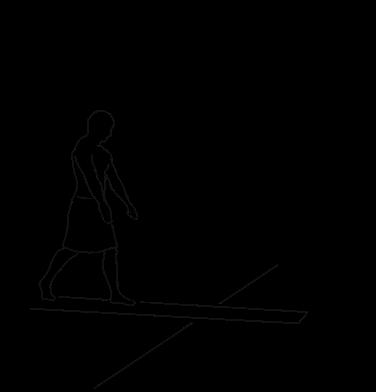

They added that “students who are concerned about their studies and ability to pass can speak confidentially with the Dean of Students as well as the Access and Inclusion team.”
The former President of the National Union of Students, Molly Willmott, has criticised the policy: “Limited access to study, financial instability, education quality, disability, and the ongoing crisis of mental health in the student body are just some of the impediments to student success.”
When asked if the ANU was concerned that these changes would disproportionately affect already marginalised students, ANU confirmed that it believes “the rule has the potential to further harm vulnerable students when they need understanding and compassion” and that, in no uncertain terms, “ANU does not support the Jobs Ready Graduate Attributes 50 percent rule.”

Art by Rose Dixon-Campbell & George Hogg 7.
With Friends Like These: ANUSA to Absorb Postgraduates
Roxana Sadeghpour
On the 5th of October, at the Ordinary General Meeting (OGM) ANUSA reformed its constitution to expand its membership to include postgraduate students.
Since the 1980s, the two student unions on campus, the Australian National University Students’ Association (ANUSA) and the Postgraduate and Research Students’ Association (PARSA) have been separate. They have each represented their separate constituencies, and, despite joint protests, have largely kept to their own.
However, with PARSA’s defunding next year, there will be no postgraduate student union on campus. The ANU has not committed to creating a new advocacy body, and has not promised the $2 million
of SSAF (students services and amenities fee) funding to anyone else.
In a daring ploy, ANUSA’s executive moved to include postgraduates in its membership, beating any potential ANU proposal, and unifying all ANU students into one union.
The proposed reform would change ANUSA’s constitution to include postgraduate students. Section 4(1)(a) and 4(1)(c) will remove the term ‘undergraduate’ and replace it with ‘students.’ Following the amendments made to Section 4, Section 5 of the Constitution on membership in ANUSA will be reformed to include “any person who is a Student in an undergraduate or postgraduate degree at the ANU.”
Although postgraduate degrees embody a diverse group of students from differing backgrounds, of importance amongst them are students who are parents and carers. To ensure their voices are represented as well, ANUSA will move to include a Parents and Carers Committee under Section 18 of the Constitution.

8. Art by Rose Dixon-Campbell
Under a new provision of the constitution, Section 31, titled the ‘transitional provision’, an election will be held to introduce additional Ad Hoc Postgraduate student representatives into ANUSA. With PARSA’s Representative Council term coming to an end in June of 2023, ANUSA wants postgraduate students to have an interim representative council that upholds the needs of postgraduate students.
The merger raises the question of where PARSA’s SSAF funds will go. ANUSA will likely use the merged union to argue that it should receive both ANUSA and PARSA’s typical funding. ANUSA President Christian Flynn hinted at this when saying “…ANUSA continues to advocate strongly for all SSAF funding that currently goes to PARSA… to be directed to student-led organisations.”
This additional $2 million in SSAF would assist ANUSA considerably in its advocacy and services provision work. It is double what ANUSA currently receives, while a merger would reduce overhead costs. Additionally, ANUSA could now approach the bargaining table representing all students on campus, giving it greater bargaining power.
However, the ANU has not made any offer of distributing PARSA’s funding to ANUSA. The amendments do contain a clause that the Executive will have to agree to trigger the Ad Hoc representatives and it is very unlikely that any executive would do so without the funding already committed. With this understanding, ANUSA could be left hamstrung if ANU resolutely refuses to increase its funding.
However, these reforms will only be successful if ANUSA believes there is community support from postgraduates. It wants postgraduate students to feel that their needs and interests are also being sufficiently acknowledged and represented should they merge with ANUSA. As such, Flynn noted that ANUSA “…intends to embark on further,

university-wide consultations in 2022 and 2023” with postgraduate students to fully understand the scope of postgraduate service requirements.
Yet, ANUSA is already receiving pushback. PARSA Vice-President, Tristan Yip, believes that the reform is “…extremely premature.” PARSA, ANUSA and the ANU have all been working together to come up with a model for a postgraduate union, and Yip points out that ANUSA has sidestepped this process, ignoring PARSA’s authority as the representative of postgraduate students.
Yip also disagrees with ANUSA’s concern that postgraduate students will be left without services, claiming: “There is currently no gap in service provision which ANUSA’s constitutional amendments are required to address…”
ANUSA’s absorption of PARSA is monumental, as it will bring together two major student bodies into a super union that represents both cohorts. Flynn highlighted the importance of PARSA’s merger stating that ‘a single service provision approach holds major benefits for all students, including streamlining services and reducing referral points’. ANUSA believes that a collaborative system between undergraduate and postgraduate students will attract mutual benefits for the union’s goals.
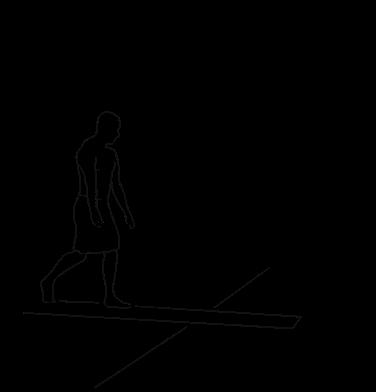
Art by Rose Dixon-Campbell 9.
Five Percent Pay Rise, 22 Student Classes and Casual Staff Rights: Staff Bargaining
Rosie Welsh

This month,the ANU initiated the renegotiation of the staff enterprise agreement. This enterprise agreement governs working conditions for all ANU staff, including salaries and wages, academic freedom and leave entitlements.
Notably, “senior management staff,” including the Vice-Chancellor and College Deans, are exempt from enterprise agreements. Their contracts are drafted on a performance basis, rather than an ANU salary level.
In late August, the National Tertiary Education Union (NTEU) demonstrated on campus, asking for a universal five percent pay rise and the initiation of bargaining on the agreement. In an email sent to staff this week, the ANU confirmed that negotiation had begun on formulating a new agreement.
NTEU Salary and wage requests include a seventeen percent employer superannuation contribution, an increased loading on the casual hourly rate of fifty percent and remuneration for the reuse of teaching materials produced by academic staff.
In relation to casual staff, demands include the publishing of monthly statistics on the number of casual and full-time staff employed by the University, as well as the promotion of improved pathways to permanent part- or fulltime employment. Leave demands include paid annual, personal, and long-service leave for all staff, including casuals.
Workload is a prominent area of concern for the union, with a request for non-lecture classes to be capped at twenty-two students; a practice that would also likely improve students’ learning conditions. The “right to disconnect” is also covered in the claim, with staff wishing to be uncontactable outside of work hours.
Additionally, the NTEU has requested that SELT (Student Experience of Learning and Teaching) surveys do not inform promotion or performance review of ANU staff. This suggestion recognises the potential inaccuracies of SELT reviews, which typically have low participation rates. However, it could leave students with fewer avenues to review the performance of academic staff.
The ANU NTEU branch are also seeking a three percent Aboriginal and Torres Strait Islander staff target by 2024, as well as the establishment of a consultation committee within three months of the new agreement taking effect.
10. Art by Rose Dixon-Campbell
Other equity measures include gender affirmation/transition leave and simplifying name change protocols for staff, menstrual and menopausal leave of six days a year and thirty weeks paid parental leave for both parents.
On equity measures more generally, the NTEU noted “not everything needs to be in an Enterprise Agreement.” The union confirmed that some of these measures, in their view, could be codified in policy.
However, “where entitlements are involved” the NTEU believes “they are always more enforceable and less easily changed if they are in the Enterprise Agreement.” The union noted that “an Enterprise Agreement is enforceable in forums like the Fair Work Commission if necessary.”
When asked about their goals for the bargaining stage, the NTEU stated, “We have key claims around fair salaries, healthy workloads, better job security, and flexible work, including the right to work from home.”
The NTEU also mentioned the relationship between students and staff, as “staff working conditions are student learning conditions, and
staff want to see improvements for a better ANU.”
The NTEU stated that although they would “love to see a new agreement finalised within three months…these processes often take longer.” However, they also noted that some requests, such as the five percent administrative pay rise, the “ANU can do right now.”
In the NTEU’s view, this “would be an indication that ANU Senior Executive support, value and respect the contributions of ANU staff”, and would “set the tone for a productive and collegial enterprise bargaining period.”
When asked for comment, the ANU did not give an indication of a predicted timeline for the agreement, or any specific response to NTEU claims, but did state that “[s]taff are encouraged to and are able to provide their feedback, suggestions and ideas for this new agreement”, with “the University look[ing] forward to working constructively and collaboratively with all employee representatives to continue to provide strong and competitive conditions to all ANU staff.”

With respect to unions, the spokesperson stated that “[a]s part of the bargaining process the University has also entered into discussions with the NTEU and other nominated unions.”
An ANU spokesperson additionally emphasised that “ANU has some of the best working conditions in Australian higher education”, citing “sector-leading policies on parental leave, competitive salaries, generous leave entitlements…” and “…employment policies that target underrepresented groups in the higher education sector.”
The new enterprise agreement, whenever finalised, is predicted to determine ANU Staff conditions until the end of 2024.
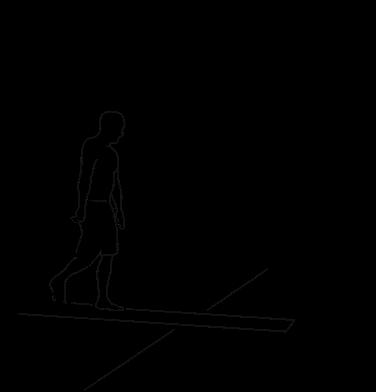
Art by Rose Dixon-Campbell 11.

12. Art by Ben Coultas-Roberts COMMENT
Cosmic Loneliness
 Zair Ahmed
Zair Ahmed
In 1977, NASA launched two Voyager spacecrafts, the first of their kind ever to leave the solar system and venture into the vast, infinite space beyond. Within each of these spacecraft is a gold-plated record, a relic meant to convey to any other life-form it might encounter the entire human experience. On this record are images ranging from simple geometric shapes to complex, abstract works of art. And there are also 90 minutes of audio.
90 minutes.
90 minutes to capture all the sounds of the human species. How do you capture something so complex in sounds that might be incomprehensible to any other organism? How do you capture human emotion and convey it to something that might not even experience it?
Despite this monumental task, Carl Sagan and his team attempted to capture our sounds, our languages, and our music onto the record. Those 90 minutes are an intricate tapestry of audio from across time and space. There is a message from the UN General Secretary and greetings in 55 different languages. There is Mozart, and there is Beethoven. There are the fundamentals of sound itself, and there are those who have supposedly mastered it. Yet amongst these iconic, universal pieces of music is a blues song by a relatively unknown artist, Blind Willie Johnson. His song, ‘Dark was the Night, Cold was the Ground’, nestles amongst giants to capture one of the most integral emotions of what it means to be human, or as Carl Sagan put it, “cosmic loneliness.”
We know very little about Blind Willie Johnson. So little that there exists only one confirmed picture of him. We know he was born in 1897 in Texas and that his mother passed away shortly after. As a child, we know his stepmother blinded him by throwing lye into his eyes.
We know he then turned to playing the guitar, travelling around the state, preaching the Christian faith of which he was a devout follower. Johnson lived in poverty his entire life and struggled until the very end. When his house burned down in 1945, he had nowhere to go. So, he slept in the charred ruins where his bed once lay. Here, he contracted a disease; sources differ on whether it was pneumonia or malarial fever. When brought to the hospital, he was refused treatment. He died shortly after. His wife Angeline alleges that he was denied treatment due to his disability, while other sources say it was because he was black.
Within his discography is that very song on the Voyager Golden Record, “Dark was the Night, Cold was the Ground.” Yet it is not Johnson’s own composition. It is his three-minute adaptation of a song layered with history and meaning – a hymn sung on slave plantations, in black churches by preachers, and at funerals in the American South. Johnson’s rendition does not sing the lyrics in English or any other language. Instead, he moans in an anguish that captures and echoes the history of the song, of his own life, and the collective suffering of both. A history that is conveyed in three minutes.
It is a song that echoes our deepest vulnerability, transcending any language to convey to the great beyond the insular depths of our sorrow and loneliness. That is the song’s thesis when considered in isolation, but when we peer behind the notes into the stories that have shaped it, we see perhaps a more prescient idea of what it represents – persistence.
Our species has faced great horrors and resisted great evil to survive. We bear those scars and share them as a collective. Willie Johnson endured a profoundly racist country that not only considered him unequal to those he performed for but also looked down upon him for his disability.
Yet he persisted.
A man who had sight cruelly taken away from him created and captured a testament to our perseverance. Our sorrow and the collective loneliness that pervades our existence now hurtles through the vast expanses of space, seeing more of our universe than our species ever has.
The Voyager Golden Record was designed with longevity in mind and will likely outlast human civilisation. Our existence, however, is inherently ephemeral. We are collections of stardust that dance in sorrow for the duration of our lifespan, capable of great kindness and destruction, only to return to dust when our dance ends. But through our creativity and passion, we can create what transcends our own mortality into great, immortalised art.
In however many years, if ever, should the Voyager Golden Record meet any other civilisation, it might witness that very testament to our perseverance. Or it might never do so and keep exploring the universe in the darkest of nights, and the coldest of spaces, forever cosmically lonely.
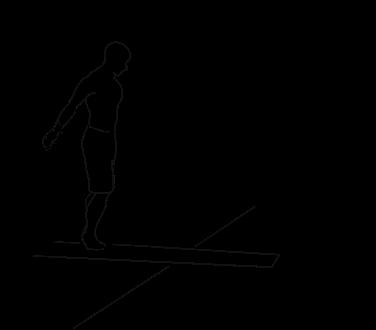
Art by Xuming Du 13.

14. Art by Rose Dixon-Campbell
Monsters of the Sea


The cruise industry is worth over $5 billion annually in Australia. Yet, amidst the excitement of these ‘floating cities’ hides a cesspool of wrongdoing and exploitative practices that harm passengers, crew, and the natural environment.
The cruise industry is a highly lucrative market. This is unsurprising, considering the endless entertainment available to guests at affordable prices. From fine dining, escape rooms, and planetariums, to go-karts, pools, and even water ballet performances, there is something for everyone to enjoy. Recently, the industry has seen a resurgence in activity following a period of dormancy during the COVID-19 pandemic. As consumers revitalise this industry, it is essential to recognise that the magic of cruise ships is merely a façade that hides an unpalatable reality of rampant tax evasion, crime, worker exploitation and environmental destruction.
Internationally, three companies control approximately 75 percent of the market: Carnival Corporation & plc, Royal Caribbean Group, and Norwegian Cruise Line Holdings. According to The Hustle, these companies generated $34.2 billion in revenue in 2018. They also operate several subsidiary cruise lines in Australia.

International law requires all ships to register in a country. As a result, a vessel is only subject to the laws of the country where it is registered. All but one of the major cruise lines that operate in Australia utilise a ‘flag of convenience,’ which allows companies to register in countries where they are not required to pay substantial taxes and are exempt from stringent labour laws and health and safety regulations. The Carnival subsidiaries are incorporated in Panama, the Bahamas, Bermuda, the Netherlands, and the United Kingdom. Royal Caribbean operates cruise lines under the Bahamian, Maltese, and Ecuadorian flags. Norwegian Cruise Line ships are incorporated in the Bahamas and the Marshall Islands, except for one ship that sails under the USA flag.
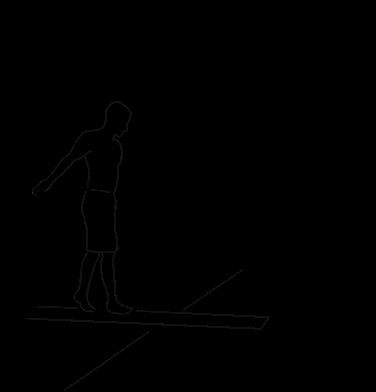
Outside the three major companies, other cruise lines also utilise a flag of convenience, with Azamara using the Maltese flag and Ponant having ships registered in France and Wallis and Futuna. Coral Expeditions is the only Australian company that sails under the Australian flag. However, compared to the other market options, it is a relatively small company with only three ships in its fleet.
A flag of convenience allows these multi-billiondollar corporations to evade paying high tax rates. While the operational headquarters of P&O Cruises Australia is in NSW, their ships remain incorporated in the UK and Bermuda, despite only operating in Australian and New Zealand ports. In fact, Carnival Corporation & plc did not pay any tax in Australia in the 2017-18 financial year, as reported by The , despite their $3.2 billion net profit.
Art by Jasmin Small & Rose Dixon-Campbell 15.
Criminal activity is common on cruises due to the lack of security and surveillance. A flag of convenience complicates the reporting of such crimes; the country where the ship is registered can claim the right to investigate and prosecute. However, as these are usually smaller nations, they often lack the ability, resources, and incentive to undergo such investigations. Moreover, the United Nations Convention on the Law of the Sea (UNCLOS) also permits the next port the ship visits to have jurisdiction. This is nonetheless limited to whether the crime occurred within a 12-nautical-mile zone off the coast of the relevant country. Australia can claim jurisdiction for cases where an Australian citizen is either the victim or the perpetrator of an alleged crime. Ultimately however, the unclear and complicated rules around jurisdiction can often lead to inaction and injustice for allegations of wrongdoing.
Additionally, in 2013, a parliamentary standing committee conducted an Inquiry into the Arrangements Surrounding Crimes Committed at Sea. The report recommended adopting mandatory crime reporting protocols for cruise ships. However, this does not seem to have been implemented, further complicating pathways to justice.


Another consequence of a flag of convenience is exploitative conditions for seafarers working on cruise ships. The Hustle reported that in 2018 the standard contract for a crew member mandated 308 working hours per month, which equated to 11 hours per day, seven days a week. These arduous working conditions can last up to 8 to 10 months, with no days off, and equates to earnings of $1.62 to $2.27 per hour. In 2012, P&O Cruises withheld extra tips given from passengers unless workers met performance targets. The Guardian also reported that in 2012, the cruise line denied cabin stewards an entire bonus payment worth 15 percent of their salary if they received below 92 percent in customer feedback ratings. Furthermore, many cruise lines also predominantly hire Filipino seafarers because the Filipino Government prevents its citizens from taking nearly any legal action against a foreign company.
Crew members tend to have physically demanding jobs and face the constant threat of injury. Workers often receive inadequate medical care and are promptly sent back to work. They are also discouraged from making complaints about working conditions for fear of being denied a new contract. Often, there exist clauses in employee contracts that mandate arbitration as the method for dispute resolution. However, arbitrators are alleged to give cruise lines more favourable rulings as it increases their chances of future employment. While the Maritime Labour Convention, an international agreement of the International Labour Organisation, aims to facilitate fair terms of employment, safe working and living conditions on board ships, health protection, medical care, and welfare measures for employees, cruise ships by-pass these provisions by flying under a flag of convenience of a country with lower labour standards. The responsibility to investigate violations also falls on the registered country. Thus, the loophole provided by a flag of convenience allows cruise lines to legally violate basic workers’ rights.
Cruise lines also have a detrimental effect on the environment. Ships routinely dump toxic waste into the ocean with little to no consequences, thus polluting the planet and killing marine wildlife. In 2018, an Australian Maritime Safety Authority report found that a P&O cruise ship had dumped 27,000 litres of waste in the Great Barrier Reef. Even without illegal dumping, cruises are harmful for the environment; The Guardian reported in 2016 that sulphur dioxide emissions from a large cruise ship are equivalent



16. Art by Jasmin Small & Rose Dixon-Campbell
to 376 million cars and according to the New York Times, in 2019, even the most efficient cruise ships emitted three to four times more carbon dioxide per passenger than planes. Furthermore, an average cruise ship also generates 21,000 gallons of sewage daily which is dumped into the ocean. While some cruise lines, like Royal Caribbean, have been praised for installing advanced technologies that use more filters for sewage treatment systems, there are doubts whether those mechanisms are utilised when out
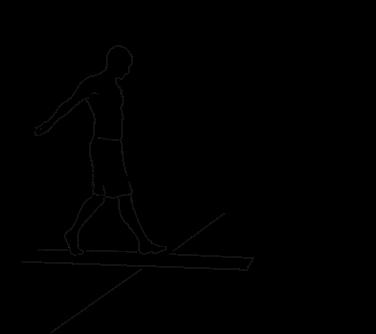




In 2017, Princess Cruises pleaded guilty in the USA to seven federal charges relating to dumping oily waste in the ocean and was issued a fine of $40 million. Reportedly, this practice had been occurring since 2005; on a single day in 2013, 4,227 gallons of oil-contaminated waste was discharged 20 miles off the coast of England. As a result, the court placed the company on probation for five years. During the first probationary year, an independent court-ordered inspector found over 800 violations; the ships had continued to discharge plastic into the ocean, falsified official records and interfered with court supervision. They were subsequently fined $20 million in 2019, with the judge threatening to ban the ships from docking in US ports if the company’s practices did not improve. In 2022, the company paid another $1 million for failing to implement court-ordered monitoring programs. However, when juxtaposed with Carnival’s annual $3 billion profit, these punishments are financially inconsequential and merely serve as another business expense for a highly profitable company. When faced with lawsuits, paying the settlement is cheaper than reform.
The accessibility, reasonable prices, and entertainment provided by cruise lines make cruises extremely attractive holiday options. This attraction accrues extreme benefits for the global economy. However, the industry’s prioritisation of profit above all else incentivises them to use loopholes in international maritime law to the disadvantage of others. Thus, tax evasion, underreporting of crime, mistreatment of workers, and endangerment of the environment are natural consequences that the cruise industry is ultimately willing to incur.
While some cruise lines, like Coral Expeditions, provide a more ethical avenue for enjoying a cruise by sailing under the Australian flag, this usually comes at a higher cost to the consumer. Similarly, the MM130, an emissions-free vessel set to launch in 2025 by the Norwegian company Northern Xplorer, promises to provide a sustainable and environmentally friendly alternative to cruising. However, the ship only holds 300 passengers, which falls short of the thousands of passengers transported typically by cruise lines. This suggests an end to cheap cruises and is an alternative many will likely not be able to afford. As a result, the consumer must decide whether the short-lived amusement obtained from a cruise is worth the danger to their safety and the horrible effects felt by both seafarers and the planet. Ultimately, the price of a cruise is far greater than the dollar amount listed
Art by Jasmin Small & Rose Dixon-Campbell 17.
Nose Dives, Pool Dives and Maldives: What Really Happened in Sri Lanka? Thisuri Ranasinghe
The economy nose-dived, the people took a pool dive and the President fled to the Maldives. A thousand miles removed, the world watched thousands of people overrun the Presidential Palace in Colombo, Sri Lanka in July this year. Almost as if they were coming together after a struggle, they took dips in his pool, did weights in his gym and slept in his bed. For a moment, celebration overtook the hunger and the hope of building a better tomorrow. The country defaulting on its foreign debt, being bankrupt and overrun with corruption has been the dominant story of this uprising. But what lies beneath is a more sinister story of exploitation and manipulation.
Through the Eyes of a Child.
Walking through Colombo from one end to another, or taking a tuk-tuk around, is an incredibly immersive experience, undeniably tied to the attempts we make to understand others, ourselves and the human condition. And it is here, in the middle of a bustling city, as one’s ears tune to the wails of the poor, that the story of a nation begs to be told. The poorest neighbourhoods in Colombo follow a distinct pattern that explains what happened on the 12th of July and its significance.
Let’s say, a child is born in the shanty estates to a family that has lived in the same overcrowded house for generations.
Amid all this fast-changing, fast-moving life
around him, the child grows up and is faced with an unmoving citadel of stability in the middle of his neighbourhood. It is a house. The house is six stories. It’s not overcrowded like his. This house has a TV, a fridge. The kids in this house don’t have to use the public bathrooms at the end of the block. The children from the house often play with him and tell him stories of foods he’s never heard of. The abundance of the house is difficult for his mind to fathom.
What he ultimately notices are the security details that come and go and the black sleek vehicles that line his street. It’s not long before he makes the connection and confirms the whispers that the patriarch of the family is in business with a Politician. As he grows older, he is absorbed and sees that the man does the Politician’s dirty work.

Once the child notices this, all forces surrounding him compel him to make unbearable comparisons between the room he is sitting in and the room he is watching. When you realise the stark reality of your situation and that everyone around you is poor except for one key exception, you equate that exception to success.
The child is now an adult. Subliminally educated, constrained by the depths of his conditions, he seeks comfort anywhere only to conclude that his only chance at upward social mobility is being close to a Politician.
18. Art by Rose Dixon-Campbell
The Rajapaksa Chronicles
The next iteration of the story is how perfectly a family rising from the ashes was able to take advantage of this. Mahinda Rajapaksa was the President of Sri Lanka for nearly a decade, from 2005 to 2015. He was the Prime Minister during the crisis. His youngest brother, Gotabhaya, the orchestrator of the crisis, was the President who was forced to flee.
Before the time of European colonialism Sri Lanka was ruled by Kings, all of whom interwove religion and patronage into the affairs of the state. Rebellion was never tolerated, but the grip was so tight there was no rebellion at all. This is the system the Rajapaksas took for a spin. They used the patrimonial governance systems already in place, and a crisis fatigue that had enveloped the people in 30 years of Civil War, tapping into every ounce of nationalism they had.
They turned mere idealization into worship. Mahinda gained the status of “Maharajano” (The King of Kings) with the divine right to rule.
The path to economic power is ultimately through political power. For Mahinda, politics was never the handmaiden of economics. He absolved the day labourers, the press, tea pickers, teachers and healthcare workers and the civil service of any political power until the power of the Rajapaksa’s was all.
The more the people are embedded in poverty, the better they are presented as depositors for storing hate entrusted to them. Meaning that their peril should not be credited to a colossal policy failure, but to the very being of another group of people. Their success must be at the demise of this other group. Situating the Rajapakshas as the saviors in this space makes them indispensable not just to a community, but to a whole country. In an inherently patrimonial society like Sri Lanka, being poor is a passive role imposed on you. The more you adapt to the world around you and to the fragmented
view of reality deposited in you, the less likely you are to challenge and transform that world. So when any chance of a development of a critical consciousness against the state was violently put down, the Rajapaksas created a people who wholeheartedly said “I don’t think, I am fed, therefore I become.” But, when the food ran out, and the fuel pumps ran dry, this came to an end. Then, what was on show was the wrath of dissent suppressed for centuries. A ticking time bomb finally exploded.

The elected political class (regardless of party) believe to their very core that the relationship between them and the electorate is akin to that of parent and child. So, the response of those who occupy the halls of power was “how dare you?”. Evidence that the (postfeudal) feudatories of a culture that has truly become post-feudal do not know what has just happened to them.
“Who, Who is Lasantha?”
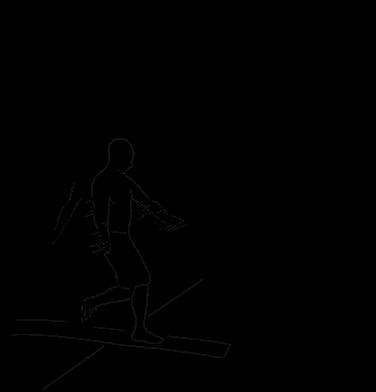
In writing about the significance of this dissent, I often thought about Lasantha Wickrematunge. He was an independent journalist and Editor of the Sunday Leader, who was critical of the regime, its corrupt ways and suppression of Tamil communities during the civil war. Lasantha was murdered in January of 2009 in an effort to stamp out any dissent in the press against the Rajapaksas.
He wrote a piece in the New Yorker entitled A Letter from the Grave, pinning his inevitable assassination in the hands of the Rajapaksa brothers mere weeks before. Journalists like him, murdered and exiled, fought to keep Sri Lankans informed and politicians accountable.
When asked about the murder of Lasantha, Gotabaya Rajapaksa said, “I don’t know Lasantha. Who, who is Lasantha?” Well, I hope he looked around the streets of the country, heard the voices of the people throughout this struggle. Because that’s Lasantha. He is everywhere.
Art by Rose Dixon-Campbell 19.

20. Art by Xuming Du
Australian Climate Policies: Is Albo Faking it or Making it?
Chris Young
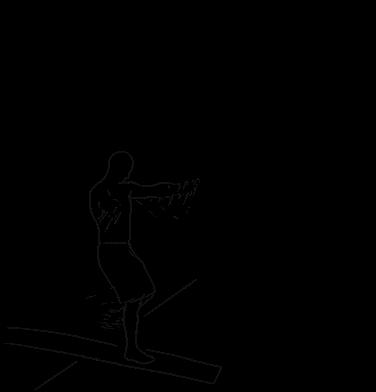
The recent federal election brought renewed hope to millions of Australians who lived under a hopeless Coalition government when it came to preventing and managing climate disasters.
The Albanese government has been in power for almost six months. During that time their Climate Change Act 2022 has already passed both federal chambers. But despite its groundbreaking attempts to right the wrongs of the previous government, does this new piece of Labor legislation have the power to reduce greenhouse emissions, or is it just faking it?
One important distinction to note is that whilst this bill was proposed by the Australian Labor Party and would not have passed without their House majority in the Senate, it received essential support by the crossbench. The Greens, independent Senator David Pocock and the Jacqui Lambie Network voted for the bill, ensuring its success in the Senate.
However, despite the crossbench’s endorsement of the bill (albeit with numerous amendments), it doesn’t exonerate Labor’s controversial decision to not ban new coal and gas projects which have faced extreme scrutiny by not only the Greens but also the majority of the crossbench. Under this decision, the current Climate Change and Energy Minister, Chris Bowen, has indicated that he will not subject this decision to the safeguard mechanisms of the new Climate Change bill.
So, is the ALP actually committed to ending the ‘climate wars’ that have dominated Australian politics, claiming the political lives of Kevin Rudd, Julia Gillard and Malcolm Turnbull?
During Federal Member for Canberra Alicia Payne’s recent visit to Fenner Hall, I discussed Labor’s coal and gas approvals. Payne stated that she was as concerned about the refusal to restrict new projects as much as her constituency and discussed how she and other concerned Labor backbenchers held a discussion with senior ALP officials. The plan to expand hundreds of kilometres of zoning for potential new fossil fuel projects allegedly
takes place in mostly so-called ‘brown zones’ –areas where there are no identified coal or gas reserves.
The drive by the ALP in its climate change policy seems to have made prominent headlines. As someone who currently maintains a Parliamentary media pass and has observed the passage of the bill in the Senate and the discussions within Parliament House, whether or not this drive is genuinely motivated by a desire to curb Australia’s greenhouse emissions or is just political pandering to the millions of Australians desiring real change remains to be seen.
The Climate Change Bill is largely seen by many observers and some media as ‘symbolic.’

The legislation sets a minimum 43 percent cut to emissions by 2030 but doesn’t actually fund this, making those concerned about the environment and workers in affected industries vulnerable. Ultimately, Albo finds himself in an almost untenable position where he must contend with mounting losses in the economy driven by both resource supply shortages and pragmatic decision-making that won’t alienate Australians. The Prime Minister must also contend with a huge crossbench made up of the Greens and independents that heed environmental scientific consensus and are demanding stronger, more prominent action on climate change.
Albo has a huge amount of catching up to do. Whether it is to become more politically pragmatic in the face of many unprecedented crises, or take real action at the federal level on climate change as he promised to millions of Australians. The ALP and the 47th Parliament must reckon with us, the Australian people, whether to kick out the climate hesitancy and ambiguity, or face a complete renewal of Australian politics when the next election rears its head in 2025. Who knows, maybe Albo will fall victim just like Rudd, Gillard or Turnbull did to climate divisions and we’ll all be asking ourselves the same question again in two years. Or the next two years after that. Or the next…
Art by Brodie Harris 21.

22. Art by Ben Coultas-Roberts CULTURE
The Good, The Bad and The Meg
Tabitha McDonald
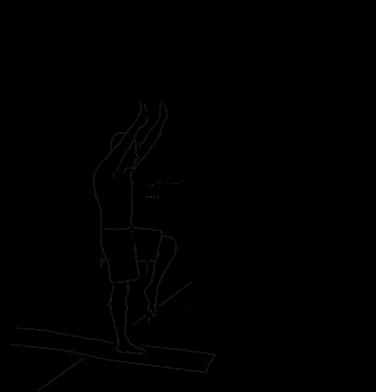
The Meg is a science-fiction action film which came out in 2018, starring Jason Statham as gruff and stoic diving expert, Jonas Taylor. Comprised of a C-list cast and some mediocre CGI, the story follows a group of suspiciously attractive marine biologists and a most ingenious antagonist for a film set entirely in the ocean: a giant fucking shark.

We’ve all seen Jaws, Sharknado 1, Sharknado 2, Sharknado 3, Sharknado 4, Sharknado 5, Sharknado 6, The Reef, The Shallows, 47-metres Down. There’s inarguably a market for shark-related movies, and The Meg slots nicely into a well-established, if narrow, genre. So what could one have to say about a film in which an angry, aquaticallyproficient, action-movie trope (Statham, not the shark) paddles around with a harpoon for a little under two hours?
While my commentary may seem harsh, The Meg stands as not only one of my favourite movies, but exemplifies an interesting crevasse in a well documented phenomena I will hereby refer to as ‘good-bad movies.’ We all know a good-bad movie when we see one, be it Clueless, Nightmare on Elm Street, the Fast and Furious franchise (Statham strikes again), they are each placed on a unique axis of critically unacclaimed and widely popular. Some are self-aware, leaning into their nature as a satirical parody of actual movies (Austin Powers, Zoolander, Mars Attacks). Others started as genuine attempts at filmmaking, before being accepted as cult-classic trash for university students to watch while getting stoned (The Room, Birdemic, The Happening).
Where The Meg falls short against many of its shark relatives is its failure to commit to either category of the good-bad movie, despite ticking many of the preliminary boxes. It holds a sweet 46 percent on Rotten Tomatoes, and grossed $530.2 million against a budget of approximately $150 million, establishing it as both a reviews flop and a box office banger. However, as articulated by Owen Gleiberman writing for Variety, The Meg is simply not “good enough - nor bad enough” to reach the goodbad movie stardom I so badly want for it.
Art by Jasmin Small 23.
The first issue is the quality of the set design, practical effects and CGI, which for just another shark movie, holds up reasonably well. As a ‘polished B-movie,’ The Meg sacrifices any nostalgia or laughs which could be garnered from shitty effects like those in Jaws or Sharknado. The performances were also fine, with Rainn Wilson bringing a refreshing and contemporarily accurate depiction of The Billionaire Bad Guy. Shuya Sophia Cai, who plays Meiying, even brings likability to Statham’s unexciting performance of Jonas Taylor through their rapport.

Where things get further complicated, however, is the film’s identity crisis when it comes to the fence of self-awareness; The Meg can’t pick a side. The megalodon’s destruction of a finning ship is used as a jumping off point for political commentary on the shark finning industry, which comes off as both tonally and contextually confused. Cheesy gags and cliches are sprinkled between scenes that intend to build actual tension and character development. When this is paired with the surprisingly high-quality nature of the film, it gives away how The Meg takes itself entirely too seriously.
Despite this, the cheesy moments we do get are brilliant. The chihuahua sub-plot is undeniably hilarious, as well as the impeccably trashy scene in which a person at the beach in an inflatable hamster ball gets ‘popped’ by the megaladon’s jaws. The Meg even pulls off a cliche twist of sorts, with what was believed to be the megalodon being eaten by an even larger shark, emulating Jaws’ iconic “you’re gonna need a bigger boat” scene. Our finale, which has Taylor one-on-one with a shark larger than Statham’s blunder at the 1990 Commonwealth Games is ridiculous, but not shy of what anyone could ever want out of a shark movie.
As an aficionado of good-bad movies, I can only wish the film had embraced the bad and the ugly of its premise and execution. While The Meg reached to be ‘the mother of all deep-sea attack movies’, it fell short, but it did not fall short enough. However, not dissimilar to the Sharknado franchise which leant fully into its inadequacy after the first film, The Meg has an opportunity to redeem itself. I patiently await the upcoming sequel, The Meg 2: The Trench, with my fingers crossed that The Meg accepts its fate as just another shark movie, and has fun with it in the process.
24. Art by Jasmin Small
Collated by Chetha Nawana


Art by Brodie Harris 25. The World Wide Web
Internet plunges and YouTube rabbit holes; there’s nothing more rogue than a 2 AM deep dive on the World Wide Web. So please enjoy the following list of some of the most niche or simply curious deep dives your peers have embarked on. Some responses are written in the form of the first innocent Google search, intended to fulfil a lingering question, while others are the result of a three hour scroll on Reddit or the auto-play function on YouTube. Isthemoonlandingfake flatEarththeory Sims 4 werewolves expansion IsKingCharlesavampireDubl porta potty BrianSchmidtandJulie LarryStylinsonproof Isthemoonlandingfake woohoo with great speed run Bishopfanfiction LarryStylinsonfanfiction Two Men Build The Most Incredible UndergroundTempleVillaBuildSwimmingPoolAround UndergroundHouse Do I have ADHD? starsigncompatibility Euro Summer OJSimpsontrial IstheQueenstillalive? MileyAreHannahMontanaand twodifferentpeople KrisJennergenius Shakespeare SparkNotes and LitCharts Whycan’twejustprint more money Ghostsproof Facemorphing WillAItakeover? SoFresh2010CD Celebrities are Wyomingisnotreal MarsIstherelifeon AnimalPlanet lizards Dyslexia test StarWars Kardashian curse BTSmemes What is Atlantis Are unicorns real
Sharingthe Same DestinyPooja Kumar
CW: Mentions of sexism, discrimination, and violence.
True feminism includes ‘women that look like you, women that don’t, and women whose experiences are different than you. That means black women, that means trans women, that means all women.’ — Zendaya
Although the hardships that women currently face are not the same as the 16th or even the 19th century, where a man got a king’s treatment, if nowhere else then at least in their own home, women are yet to be treated equal to men. Equality means cerebral equality, to be given fair chances and opportunities. While women often don’t face as much open discrimination joining workplaces that are traditionally male dominated, nevertheless, many still face heavy discouragement from family and society alike. And to a degree for good reason, as largely women in these professions are still being harassed; sexism is apparently a dark reality of the world. Women’s contributions are deemed less worthy than those of men. Men are still favoured for high-level jobs.

Being a (white) man in colonised Australia has always been considered as the ultimate privilege, no matter if he’s a king or a pauper. Might I add that all genders other than cis men are expected to earn the right to live
freely and be respected by successfully passing society’s harsh theatrics - at every step of their life they need to prove that they deserve to be here, are capable of others’ love and trust. As for men, they are bestowed the due respect of a human-being by default through the agency of simply being male. Men would like to believe that if they can overpower women (and non-cis male identities) then they have the licence to do anything. Life for a woman is not easy, whether she is rich or poor. The rich hide the evidence of abuse behind expensive makeup, the poor behind closed doors, ultimately sharing the same destiny. Even now, when a woman dresses up, she is ‘dressed for attention’ or ‘asking for it.’ When will men understand that a woman is only asking for it if she is simply asking for it: verbally consenting?
I hate it when women have that moment of hesitation before speaking because of the threat of violence. I hate the bitter taste in my mouth when I feel like crying due to my helplessness to assist these women. I hate knowing that some women aren’t safe in their own homes. I hate knowing that men seem to think they have the right to hit us whenever they see fit. I hate knowing that I ever took this topic so lightly. Perhaps what people say is true: until it happens to you, you don’t know the pain, the humiliation, the suffering.
26. Art by Rose Dixon-Campbell
And even in this era, the age of so many changes, we still turn our faces away. Even when women of our own family are going through domestic violence, stuck in a toxic environment, it is brushed off as a betweentwo-people-thing because deep down some feel unthreatened because it is not happening to them. They forget that it could be them, and then because silence is chosen over action, no one will come forward in our time of need. Many will walk away from an uncomfortable situation since that is what is deemed ‘normal.’
Strength doesn’t come from standing alone but by standing side-by-side. I’ll do everything in my power to identify and rectify the instances when women are put down, whether it be the butt of a ‘joke’ or a snide remark meant to insult women, whether it be in my own home or at any social gathering. It is my promise to myself that I’ll take as many steps as necessary to make a difference, if only for my future.
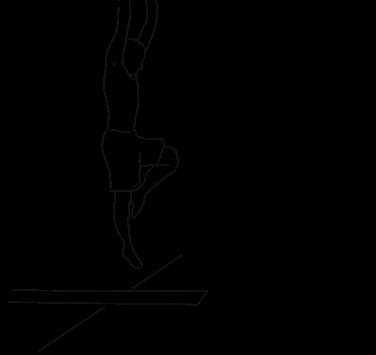
Half the time people don’t even realise that the garbage coming out of their mouth is humiliating and misogynistic towards women as it has become so deeply rooted to insult women that it’s almost become second nature. The most common example is ‘wife jokes,’ where women are presented as an annoying, nagging entity.
Why are men’s voices hegemonic? Why does merely a fragment of society get to take charge for all of our lives? Many of you might

argue and say that the world is changing, and women are being given rights and have safe spaces to voice their issues. Is that enough? Are you satisfied knowing that your sisters and daughters, friends and partners will grow into a world where women and noncis men are still ‘being given rights’ to speak for themselves by cis men? Do we still need their permission to voice our concerns?
Often, our concerns are twisted and made to sound ridiculous by men in power. Each passing day uncovers another sickening violation against women. These revelations drive me further and further away from people; people who don’t understand where to draw the line of respect and humanity, losing any love, faith, or consideration I had for them.
The time to do something is now, not just by words, but by action. We must no longer be bystanders in our lives or the lives of people around us. There may be instances when things might not work accordingly, times when our voices or actions may not be enough, but remember, even rocks eventually turn to dust.
We must keep trying, a little harder each time, to make a difference. If you can’t do anything for people far away, then do it for your near ones, for your mothers, sisters, friends, neighbours, classmates. Do it for the innocent child in you that was scared of raised voices and big men at night all those years ago.
Art by Rose Dixon-Campbell 27.
Sacred Sacraments Anonymous

I’ll never forget my younger cousin’s christening, primarily because I had never heard a child, or anyone for that matter, scream so loudly. And boy I did feel for him. After the not insignificant ordeal of being brought into the world, here he was being presented to a large group of people in a strange building to essentially be ceremonially drowned. And for what? He certainly wasn’t going to remember it.
My now 14-year-old cousin hasn’t so much as entered a church service, uttered a word of prayer, or exhibited any behaviour whatsoever to indicate his Christian inclinations. Yet here he was, having water poured all over his naked body while he wailed in front of everyone that he would go on to know for the rest of his life. It seems unlikely that the christening was really intended for his benefit. Was it really for everyone else either? Five-year old me was mildly disturbed but otherwise bored shitless. I don’t think it would be overly cynical to ask if the occasion really amounted to anything more than a public debut of my Uncle and Aunt’s new-born child.
Except for the fact that there is absolutely nothing wrong with that. It’s exciting having a kid and I know if I’d just birthed one, it’d be an occasion I’d want to celebrate with the people I love. Unfortunately, the extent of my religious
inclination extends to a worship-like reverence of Richard Dawkins, leaving the probability of conducting a christening for any of my potential children very low. Nevertheless, I certainly wouldn’t be the first non-Christian to christen my child anyway.
To many people, events like these no longer actually hold any religious value at all, yet we continue to partake in them. Marriage in a church, swearing on the Bible in court, the Lord’s prayer being read out in parliament every day, the entire Catholic education system. Despite the fact that only 43.9 percent of Australians identify as Christian (practising or otherwise) and nearly as many (38.9 percent) now claim no religion, Christianity remains sewn into the fabric of our both our day-to-day lives and more special events.
I do not deny the social importance of any of these things; marriage represents an important commitment to many, the birth of a child is also no small feat, nor is the framework of parliamentary procedure. I simply want to understand why we cannot allow these rituals and customs to be independent of Christianity. If you don’t believe in God, it isn’t really all too radical to skip the holy water/ritual drowning and just throw a party when you have a kid.
28. Art by Jasmin Small
The reality is that a casual acceptance of Christianity allows for the preservation of institutional and social norms that are no longer reflective of a multicultural and diverse Australia. In gripping onto using the Lord’s prayer every day in parliament or swearing on the Bible in court, we inherently protect a set of values brought here with the colonisation of this country. This sort of cultural inertia isn’t just a harmless bit of fun, it continues to justify an image of Australia that is predominantly Christian and more significantly, white.
In a country that is now made up of so many faiths, cultures and backgrounds whilst beginning to come to terms with the violence of its colonial past, there is no place for the institutional importance of Christianity. The absent-minded continuation of these practices and moral attitudes without actually believing in it gives credibility and legitimacy to institutions that lost such characteristics long ago.

Let’s ignore their respective abuse and sexual assault allegations for a second. Former high profile coalition MPs Alan Tudge and Christian Porter both expressed their disdain for the legalisation of same-sex marriage on the basis that it would destroy the Christian family unit. A viewpoint that despite its obvious bigotry is essentially a religious freedom trump card, not to mention that their entitlement to use it is hotly debated and controversial. Nevertheless, I struggle to believe the authenticity
of their concern for such family values given their undeniable marital infidelity, a somewhat obvious assault on the sanctity of the traditional family. It seems that as we move away from strict adherence to the Bible and living a God-fearing life, there has been ample opportunity to use a pick-and-choose approach to biblical interpretation that frankly, is manipulated to justify being awful under the guise of some higher morality.
In pretending that Australia is still a country of strongly practicing Christians we allow room for unsavoury ideas to take hold, thrown like stones from people who are definitely in glass houses (cough cough George Pell). Almost as though hypocrisy is now more acceptable because our adherence to biblical principles isn’t expected to be as strong.
It shouldn’t be seen as an act of nonconformity to not be baptized, married in a church, or God forbid (pun intended) not married at all. If you don’t actually believe in God, what is the point in pretending you do? Casual Christianity only serves to keep alive something many people are moving away from and continue to justify its centrality in often rigid institutions. Rituals, rites of passage and celebration are not just fun, they are key to our humanity. They guide culture, foster connection with others and bring us so much joy. It seems to me that it is time that we made a conscious effort for these customs to reflect a modern Australia.
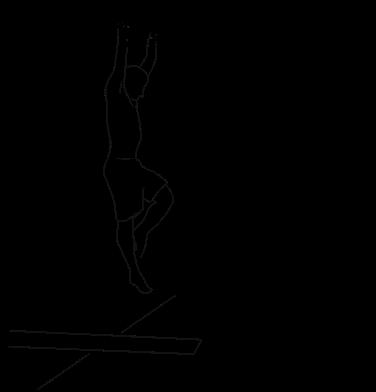
Art by Jasmin Small 29.

30.
Photography by Gus Devylder
Peter Garrett called in from his hotel in Cairns. Midnight Oil (or ‘The Oils’, as Peter endearingly calls them) had a show the next night. It was one stop on the band’s farewell tour showcasing their latest album, Resist. A few days earlier, he attended Burgmann College’s 50th Anniversary weekend as an alumnus of the college and the ANU. I got to speak to him about his journey from ANU lawns to the Australian (and beyond) stage, his thoughts on the post-COVID live music scene, and the significance of the Oil’s penultimate show on October 1st taking place on our very own Fellows Oval.
Born and raised in Sydney, Peter decided to venture to the Bush Capital in 1971. Like many others reading this, he considered himself an “occasional [law] student”, as self-described in his memoir, Big Blue Sky. He would become the first bar manager of Le Chat Noir, an institution that runs in the Burgmann common room to this day. It was this era of his life where his musical journey took off and so did his love of a city where he would eventually spend a decade in Parliament.


“I began my music career in Canberra as a student, right where you are,” He told me, “Playing pretty whacked out not altogether inspiring sort of rock and blues with synthesiser overlays –which was something we were fiddling around with at the time and trying to make work.”
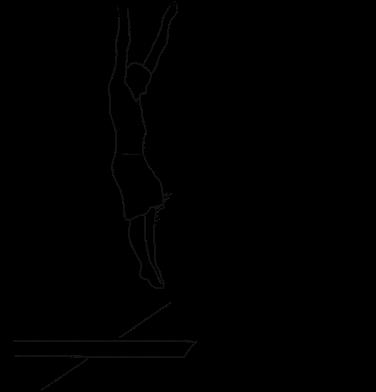

Known for his passion and intensity on everything from his iconic moves on stage to activism on the environment and First Nations rights, Peter spoke fondly about the music scene of those early years at the ANU.
“One of the first shows I saw was on the old library lawns of the ANU when they opened it up for a bunch of bands who travelled from other places to come and play. Their names won’t mean anything to people now, but for me, as a young student, it was eye-opening and ear-opening to hear people play music in the Australian landscape with the Brindabella’s on one side and parliament house on the other… Ngunnawal and Ngambri land…”

31.
These eye-opening experiences of live music would spark his appreciation and dedication to performance that he enjoys to this day. Following the COVID-19-induced hiatus of the arts industry over the past two years, The Oils headlined the 2022 return of Byron Bay Bluesfest in April. Asking him what the feeling of returning to the stage was like, he said:
“… I think that people had been confined like lab rats for so long that when they eventually got out into daylight, or sunlight, or gathering with lots of others to celebrate music and being together, the feeling was quite different. We’re ecstatic, as in the crowd gathering at a festival or a spiritual experience even.”
“There’s a myth in the modern era which derives from the cult of the individual and this notion that we’re all just single individuals reaching our own destiny by ascending a ladder or buying shiny goods or locating ourselves in a cool and desirable place. But, of course, that’s just a means of perpetuating an economic system, really. We’re much more communal. We’re still hunters and gatherers; we love to hunt and gather together, and we derive meaning not ultimately from things we end up throwing away but from memories, we collect and stories we tell one another, and the experiences that we share.”


I asked Peter whether this shared musical space lends itself to activism and overcoming collective action problems like climate change. He disagreed, “The two are not really connected particularly because some people do one and some people do the other.
It’s just that in our case, we happened to find a way of sometimes doing them both… We just always have existed as a band of songwriters, musicians, and activists, and that’s the way that we are.”
As a man of many potential titles – musician, activist, politician – I asked whether there have been any new identities or activities he’s found himself inhabiting since leaving Federal Parliament in 2013.

“A rediscovery of the simple joy of expression without anything else to have to think about in the day. That’s been the most important thing for me, being in this fortunate position of being freed up to be back on stage with the other members of the Oils and to completely lose yourself in the sound and in the plain. I’m sort of having a second childhood really at this stage of my life, with lots of love.”
In attendance at Bluesfest was Peter’s former colleague, Prime Minister Anthony Albanese, colloquially known as DJ Albo. When asked about the importance of having a music fan in office, Peter said, “It’s very refreshing to have someone who’s connected enough with the culture of the country and is a music fan and celebrates Australian music, isn’t ashamed of it, and doesn’t have a cultural cringe and understands it some extent.”
32. Art by Rose Dixon-Campbell
“I don’t think there’s any doubt that my expectation is that the current government should deliver a decent cultural policy and support the music industry. Not for a handout, but for building foundations for people’s careers, particularly young artists’ future.”
Peter and the Oils have always put their money where their mouths are in helping Australians access the arts. In the late ’70s, the band went on strike after a promoter of Sydney Northern Beaches pub The Antler reneged on a promise for reasonable ticket prices at their show. For their upcoming show at the ANU, student tickets are $60 lower than the standard price.
“We’ve always believed that what we’re [Midnight Oil] doing should be heard by as many people as possible, and people shouldn’t be prevented from hearing or seeing Midnight Oil simply because of their income. We’re always mindful of price. We’re price-setters, we always have been, and we never charge the maximum amount of money to, as it were, try and squeeze all the juice out of the lemon.”


“And of course, we know students are not big earners; they’re students, it goes without saying. They’ve probably got HECS debt before they’ve got anything else.”
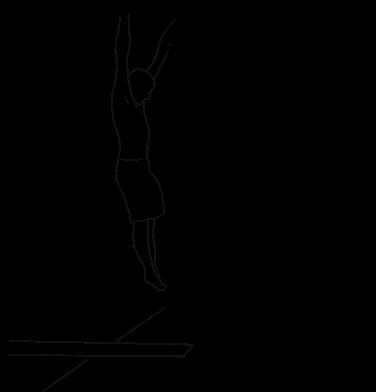

The Oils’ latest album, Resist, addresses the biggest problem facing students: climate change and the consequences of environmental degradation. The album’s opening track, Rising Seas, begins with:
Every child, put down your toys And come inside to sleep We have to look you in the eye And say, “We sold you cheap.”

Peter acknowledges that Baby Boomers, who have been complacent in good economic times, have “a lot to answer for”. I asked how a person from Generation Z should interpret Resist:
“It’s in the tradition of protest albums which are calls to action. Hopefully, people will hear and feel moved to act. We think that whilst it’s completely bewildering and anger-making that we’re still heating up the planet as though there are no long-term consequences, the fact is that the climate crisis will impact younger people who’ll be around longer than we will. It’s something look on with a great deal of dismay… The upcoming generation has a great deal of hard work to do, and we’ve given them a soundtrack that hopefully makes that hard work a bit more palatable.”
When speaking about the issues he cared about, or the city he called home for so many years, it felt as though Peter might still be a student. A certain youthfulness sprang from the phone in these moments in our conversation. His excitement for The Oils and love for being on stage with his bandmates resembled a musician at the peak of their prowess. Not one in the closing act of a career that has spanned decades. I finished by asking him what it meant for the band to be returning to Ngunnawal and Ngambri land for their penultimate show.
“It is, without exaggeration, a bit of an epochal moment in our small world, if you like. Because we started playing Canberra… To close the circle off by doing the last big open-air show at the ANU is going to be very special for me.”
Art by Rose Dixon-Campbell 33.
Hoppe hoppe Reiter
Ally Pitt
Hoppe hoppe Reiter, wenn er fällt, dann schreit er. Fällt er in den Graben, fressen ihn die Raben. Fällt er in den Sumpf, macht der Reiter plumps!
As a child, I would capture my Omi and Opi to have them repeat this nursery rhyme for hours. It had a simple gimmick: I would sit on their laps and on the last line they would pretend to drop me. I loved it so much that I forced my mum and dad to learn it, so I wouldn’t have to face a long drive just to hear it. But today, when I regale my friends of this childhood memory, I have to Google its lyrics to avoid the embarrassment of repeating nonsense.

My grandparents left Germany and Austria as teenagers. They were both forced to learn English when they attended Australian high schools, found jobs and were tricked into thinking Vegemite was chocolate spread. In many ways, they were privileged immigrants. Their skin colour meant that their European accents were a limited remnant of cultural otherness in a society still dismantling the White Australia Policy. But still, they worried. Worried that speaking German around the house would mark their children as different. When their eldest daughter showed up to preschool without understanding her peers, they worried that she might never learn. So they started speaking English. While my mum can somewhat understand a conversation in German today, it’s not a sure thing.
In one generation a family’s native language was left behind.
As a child, I was fascinated by the language my grandparents occasionally broke into. It was reserved for special circumstances: details they didn’t want me to hear, lyrics from my Oma’s choir music, an Easter service at a German Lutheran church. As I grew older, it became the key to unlocking my mum’s family history. And while my family continued to do things that were ‘German’- like Christmas Eve celebrations and an endless supply of cucumber salad at every meal - my connection to that culture began to feel a lot less authoritative in the absence of any real proof.
So I tried to learn.
I tried to learn when I was in Year 6, using a much more rudimentary form of Duolingo and failed because I had the attention span of a 12 year old. I tried when I was in Year 9, practicing vocabulary each night until the German words became too difficult to remember for a brain that was trained on the sounds of Romance languages.
34. Art by Brodie Harris
I tried last year, in lockdown, at an age where I finally understood Duolingo and Anki and conjugation and the dative case and subordinate clauses. I lasted three months. Then, when Canberra opened up and ‘more important’ things started happening, I gave up again. For years, I have told myself I would start classes, get a teacher, do it properly if I couldn’t be trusted to do it myself. I haven’t even been able to bring myself to do that.

There are convenient excuses. Language learning isn’t easy, even for languages that bear some resemblance to your native tongue. Despite the value I placed on learning German as the key to a sudden, new, cultural connection with my grandparents, it has always been a sentimental goal. I think, after 60 years of practically solely conversing in English, it is their most comfortable language, a second language turned into an adopted mother tongue.
Yet, perhaps my reluctance is underscored by a fear of the ultimate failure: a potential inability to learn the language that should have been imparted onto me at birth. Am I so culturally removed that I will never be able to master a voiceless palatal fricative? What if I am so un-German that the ders and the dies and the dens never come out fluently? What can I do but give up my claim to culture when my tongue fumbles around the syllables of compound verbs?
Sometimes things seem so important that they feel better left as an intention. If you never try, you can never fail. If you never fail, you can always think about how you could try. If you never try, that door of possibility never fully closes. It might feel like it did if your accent was so strong that your grandparents struggled to understand you.

When there is no real physical connection to your heritage (how do you be half German, besides walking around in half an Oktoberfest costume everyday?) this becomes a consequential fear. We often judge the strength of our cultural connections by our ability to speak their languages. If I was dropped in Berlin tomorrow, I’m sure I’d survive from the meticulous English fluency every German person seems to have cultivated since preschool. It feels frivolous then, to continue childhood traditions under the guise of being German, when you can neither claim the capacity to discuss the weather nor will anyone assume a German identity if not for you giving the dreaded ‘white person ethnicity percentages’ spiel.
One day, I may get over my fear. Until then, as my grandparents get older, I will continue to feel a mild sense of loss whenever German crosses my mind. I will experience the same sense of guilt whenever I put off another opportunity to learn in favour of something more immediately pressing. And each time I am reminded of that childhood nursery rhyme, I will consign myself to looking up its lyrics, I will practise a mediocre rendition of its words and I will butcher their pronunciation again and again.
Art by Brodie Harris 35.
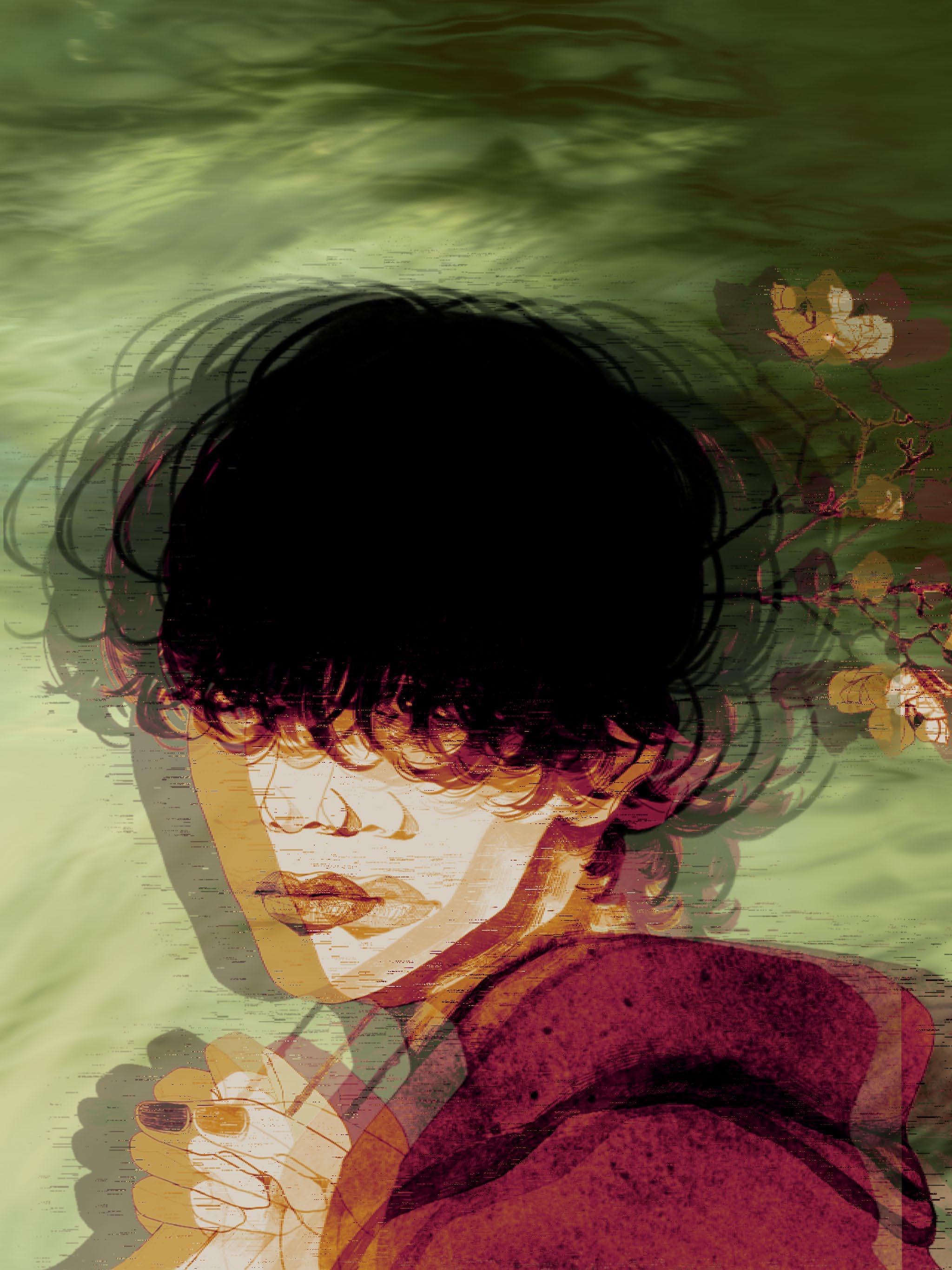
36. Art by Amy Sitthilath

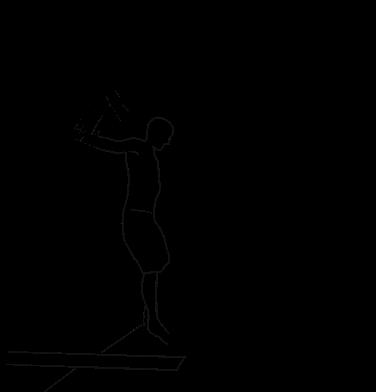
Art by Ben Coultas-Roberts 37.THE PLUNGE
Under the Surface
Anonymous

Isn’t it strange that we can never truly see what we look like? We rely on mirrors and cameras, photographs and other people’s perceptions to understand who we are. But our reflections help us develop a sense of self. They play such a crucial role in how we see ourselves. And as much as I wish it weren’t true, how much we believe we’re worth.
From a young age, I knew I could never be the prettiest in the room. I don’t mean to say this for pity; I mean it as a simple observation. My chocolate brown skin and wavy raven hair wouldn’t allow it. The pigment in my skin and my acne scars would mean that I would never be referred to as the ‘pretty girl.’ At least not by Western standards.
Instead, I looked within. I focused on becoming the perfect daughter for my ethnic parents - the kind-hearted, intelligent, funny girl, the token POC friend. I never really cared; after all, I always knew this would be my fate. I would be the audience’s beloved comedic side character, not the beautiful, mysterious protagonist who got the guy.
But despite my knowing, despite anticipating all these facts, I still stand in front of the mirror every morning. I inspect any potential pimples forming and the bags under my eyes. I turn to see whether I’ve gained weight or whether it’s just the shadow in the reflection.
I examine the figure that stares back at me. I try to notice the beauty in her big brown eyes and full brows - I try to remember that there’s more to a person than their simple reflection. There is more to every person than the rays of light our eyes reflect to form an image.
So why can’t we be content with what’s beneath the surface? Why do we allow bad angles and reflections to determine our mood? Personally, I think it’s because we can’t help but compare ourselves to one another. If I can’t be the pretty one, I’ll be the funny one. If people fake tan to feel ‘skinny,’ maybe I won’t dread the melanin in my skin. If I use being bilingual to my advantage, perhaps I’ll embrace my culture more.
My internal monologue urges me to accept this and move on. I tell myself that my ability to hold conversations with strangers and be optimistic is enough. That my personality is enough to foster friendships, not the way my hair is or my facial features. These thoughts seem silly when I write them down. When I see my emotions on the pages, the truth is that it’s hard to articulate the feelings which continue to bubble under the surface. I’m not the type to get angry over microaggressions (even though those are valid reasons to get upset). I ignore them; I act calm even if I can feel my face going red and the corners of my mouth start to tremble - I’m the type to smile and laugh, then disappear into the silence of my room. I prefer to do some personal reflection and re-emerge into reality as a better version of myself.
Those are the qualities I practice valuing. Not whether my low iron makes my skin fairer or if my clear skin will help me feel prettier. It’s the ability to transform all the bad feelings that make you despise yourself into something positive. It takes work swimming in the ocean of emotion. The pressure of being underwater could be too much, or it can help you find what you’re looking for. The burden of pain and the struggle of maintaining a smile can vanish if you swim a little deeper. Because usually, what’s under the surface is more beautiful than what meets the eye - and that’s something you could never gather from a simple reflection.
38. Art by Jasmin Small
The Shallows
Toes creep cautiously to the wave’s edge.
A body swarming in, a body swept out.
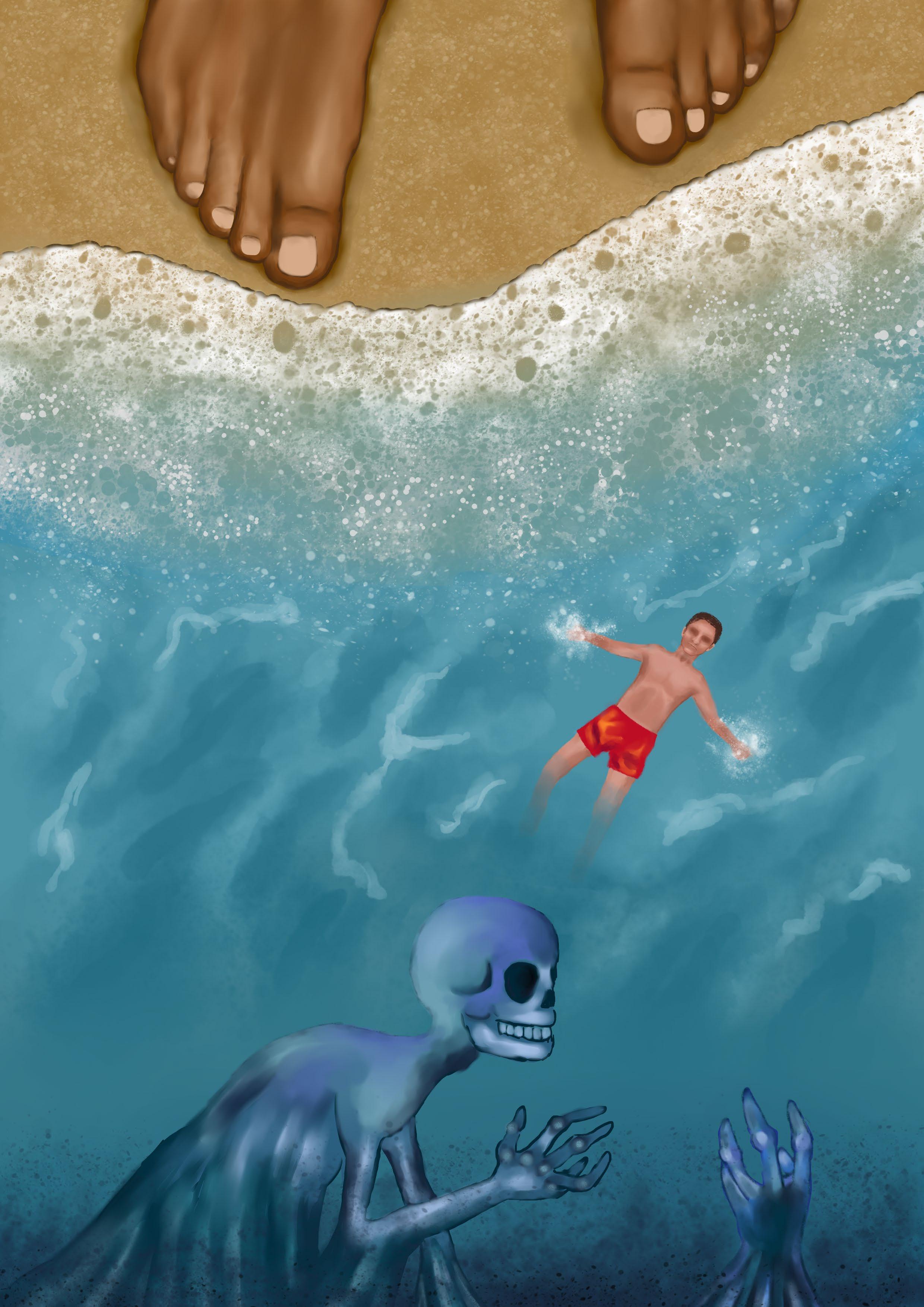
The taste of sulphur, a dizzying breeze.
Tumult, convulsion, tsunamis of disorder.
Ahead already perishing, the past; worn away with biting winds.
Suffocated by every stroke deeper, each breath below blackens.
Each dive deeper destroys, forcing sanity to decay.
The Depths
Shrivelled souls; salvaged from damnation.
Flesh softly settles to sediment, insanity; suffocated.
Surges of clarity, reflection. liberated by the aeons ahead.
Comforted by the vastness of the unknown, the teasing mystery.
You are no longer, you flow only in cavernous depths.
Complex and connected, the currents guide your bones.
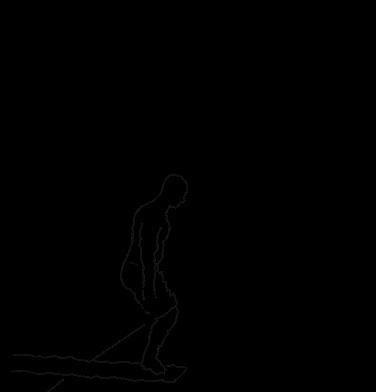
Each dive deeper baptises, replenishing vacant spirits.
Angie Ritchie
Art by Xuming Du 39.

40. Art by Karolina Kocimska
Sorrow and Horror
Aala Cheema
CW: Sexual assault and harrassment.
A part of me is scared I’ll die A part of me is scared I won’t So, I float through each day Like whispery, wisps of nameless Ghosts Wondering whether the next day will be the salvation that I look for

Four days later I stand on the edge of the precipice Staring out at the sea as it rumbles, rumbling Comforting, honey slithers down my throat As I taste the sweetness of lies on my tongue Then a crow caws overhead and the rock crumbles underneath my feet
I’m falling
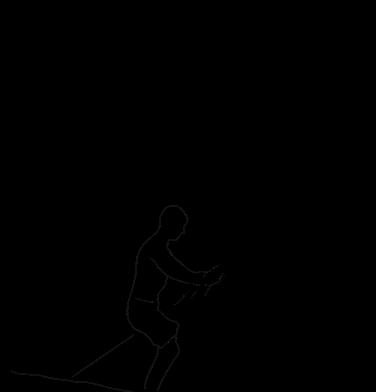
Calling out for some invisible saviour To swoop in from the heavens and encase me in a cocoon of angel wings And then I might finally be granted some respite And then maybe I might actually smile a genuine smile
Instead of lying in my bed telling myself lies As I make up excuses on the phone to my mother to excuse the fact that I’m high
Why do I always end up like this? I’m swimming in a cold sea As the current pushes against me Drowning me under the waves of sorrow Perhaps this time I may survive the horrors Yet my teeth chatter and my head aches And I can’t even bare to fake My smile
Crying Salty tears streaming down my cheeks The day we spent down by the creek When I didn’t want to stay But you made me pay For defying you How did you Somehow manage to slither into my being Until I was left begging For you to leave me But now you are a part of me Free One day I shall be Maybe this will all be worth something In the end watch me disintegrate Like a paper submerged under water Bones crushed and buried under a crater You are a faker At least I am genuine in my reality
My life is not mine But I can say that I tried And when my reckoning sweeps over this city Bringing with it the floodwater that shall reveal the cesspool That is Broadwater, so that that road may finally leave me And perhaps they might just finally hear me Say fuck you from my outpost upon the roof
Safe from the havoc wrecking on the liars below I am free, thank you
Art by Jasmin Small 41.
Throw me in the deep end, I am ready now to swim - Holly Humberstone

I have always been afraid of the deep end. The dark, looming water with unknown creatures lurking beneath. I remember having swimming lessons when I was younger. I remember the basics, floating and that weird move where you whip your hands over your head. Whenever my swim instructor would ask if I wanted to go into the deep end, I would run the other direction. I hated the thought of being swallowed and not seeing solid ground under my feet. I hated not feeling stable and safe.
I still feel this way, years later. My best friend tried to convince me to learn since we have a pool at our apartment, but I’ve always declined. Nothing about the water enchants me as it does with others. For me, it presents a form of doom and darkness. It is the perfect manifestation of my fear of change and how the unknown has always scared me.
One thing about the ocean, though, (especially living in Australia) is that you can’t avoid it. The number of times my friends have suggested a beach or lake trip, and I’ve had to remind them that my swimming experi ence is zero, is quite embarrassing. There is something about large bodies of water that makes me physically uncomfortable, and, of course, I’m scared of drowning – but there is more to it. I’m scared of what’s under neath, the fish, the crocodiles, the way that if you take the wrong step you could die. I’m scared of what I can’t control, the current and waves.
I think I have always been afraid of what I can’t control. Growing up, my life was messy in a way it shouldn’t be for a child. There were many times I didn’t have reassurance and didn’t have faith in the environment around me. So to manage that I controlled many things, how much I ate, my appearance and my grades at school. I also tried to control my future, in Year 9 I had already outlined my career and had goals I wanted to achieve. By Year 9, I knew I wanted to leave Sydney and go to what I had de clared the best university out of state but still close to home.
I had always wanted to leave, escape a place I had never really felt myself, a place I had never felt fully in control. I thought in Canberra I could reinvent myself and take charge of my life. Nowhere in my plans did I think that things would not work out the way I planned. Well, what could go wrong? This false idealised version of my life had to work out the way I expected, right?
COVID-19.
42. Art by Max Macfarlane
DeepEnd PerpetualNkatiaa Boadu
Something I had never really planned for (well who plans for a worldwide pandemic?) was COVID-19. It was horrendous. I was supposed to be going to in-person classes, getting full marks in all my courses and also losing weight. None of those things happened in 2020. If anything, I went the opposite way, and I was hard on myself for not meeting my expectations. I was mean to myself, in a way no one should be in a pandemic, or ever really. I wish I had given myself the attention and care I needed at that time.
Instead of diving into the water, I had taken slow steps and prepared myself for the cold and change. But I also assumed that the temperature of the water would be what I wanted and that there wouldn’t be any waves or scary fish in sight. I took my time, attempting to get comfortable with the water, and before I knew it a wave had sent me spinning into its dark depths. I couldn’t find solid ground, and for most of 2020 I fought against the current, tiring myself out and struggling to keep my head above water. I was angry that the water, a being completely out of my control, had not tamed itself for me.
Dive.
I have never liked diving, I have never liked the idea of jumping into the unknown. Every time I would hit the water, my body would scream at me: the cold, the shock was always too much. In 2020 I took my time, but in 2021 I was so overwhelmed by the currents that I almost shut down and let the water take me away. In 2022, I’ve been doing the same and I’m still completely unprepared for these changes.
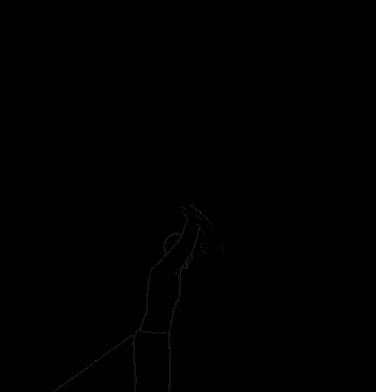

So when will I be prepared? When will I be able to control the uncontrollable? Never. So now all I want to do is dive, let the water crash into me and experience all that shock and pain at once. Let my body get used to the warmth and comfort the water shows me without being overwhelmed when a current pushes me around. Once the current slows down and the water is calm, I can appreciate the beauty around me. I can appreciate how completely natural the water is, how completely natural change and not being in control is.
Maybe I can live life the way it was meant to be, jumping into every new oppor tunity and accepting the change as it comes. I may say that 2020 and 2021 were the hardest years of my life. Although, if I’m being honest, I don’t have any regrets. Except maybe, I should have just embraced the water, stopped fighting so hard against the current and enjoyed the journey. I am now ready to dive into the deep end, enjoy the scary waves and float.
Art by Max Macfarlane 43.
Diving Out
Patrick Stephenson
Putting it lightly, this semester has been tough.
I don’t know anyone at this university who isn’t academically exhausted, socially strained, and under immense pressure to work. We’re all dealing with the intellectual, mental, and financial reality of student burnout. Pushing towards the end of my second year, I thought I’d have figured out how to manage the juggling act of competing priorities. But, after a turbulent start to the semester, I found that my typical approaches to finding calm in this swirling ocean weren’t working. Slipping under the waves, it was clear something wasn’t right. So before I reached week four, I dived out, taking a much-needed pause on my life in Canberra.
I headed back to my hometown of Busselton, in regional WA, to spend some time with my family. It’s a comfortably small town known for being quiet and boasting the longest timberpiled jetty in the southern hemisphere. Since I’ve been back, I’ve been able to take part in the things I always feel like I’m missing out on while studying so far away.
Like seeing the closing night of my brother’s last school play or celebrating my dad’s birthday with him. I’ve had countless conversations with other interstate students about how many of these small moments we tend to miss. Each one adds to a mountain of homesickness, wearing away our ability to benefit from the opportunities we came to Canberra for in the first place.
Being able to unwind has done wonders for my state of mind. But I’m aware that this drastic option isn’t a reliable one. I’m going to have to keep working on figuring out how to manage the stressors of my life at university. But I also must stress that my situation is far from unique. In a recent survey of UK undergraduates, almost half - 48 percent - stated that they’d considered or had dropped out of university due to financial pressures. In addition to this, the pandemic, and rising cost of living crisis have exposed clear inadequacies in the support structures accessible to students.

44. Art by Brodie Harris
The ANU itself has clearly downplayed expectations of student expenditure. They estimate that the average student needs $25,446 a year to live on campus, afford food and organise their own travel. Based on this figure, it’s assumed that an individual must earn $471 a week to support themselves as they study. Pushing independent students to work 22 hours a week - at minimum wage - just to break even. To meet my own needs, I’ve had to juggle three jobs, while managing a full-time study load, which certainly hasn’t helped with my burnout.
With these increasing pressures, it’s no wonder that so many commentators have sounded the alarm of a significant student mental health crisis. The National Union of Students’ annual survey found that 35 percent of Australian students had experienced thoughts of self-harm or suicidal ideation within the past 12 months. While this issue is exacerbated by a range of factors, financial and academic burdens faced by students are a blindingly obvious cause of the state of our academic experience.
Drafting this piece, I wanted to reach a strong and direct call to action, but frankly, the situation feels a little hopeless. That’s not to discount the benefits of things like lowering Centrelink’s age of independence, or making extensions and academic support more accessible. But it feels resoundingly unfair, while being constantly burned out by these pressures, when I also have to participate in the fight against them.
Activism, while massively important, requires a significant time commitment and an emotional toll on those involved. I’m often left to question if it’s actually realistic to expect that students continually put their own well-being on the line. Having to fight for our own basic level of support is a maddening task that often feels like pushing an unrelenting boulder. But frankly, if we don’t take this fight up now, no one else will. Historically, the rights of students have only been won through activism, lobbying, and the hard work of students and our representative bodies.
It seems absurd that to fight our own burnout, we as students will need to dive even deeper into an all-consuming riptide. However, giving up isn’t an option. Taking a step back and getting the rest I needed has been invaluable in getting myself ready to keep pushing forward. To avoid what might have otherwise led to complete self-destruction.
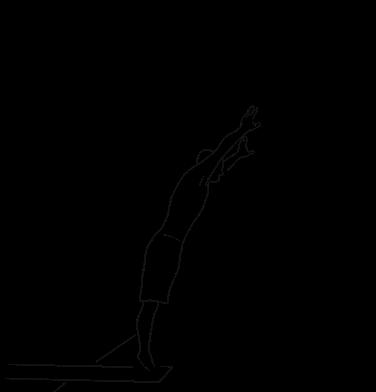
This fight requires our constant attention because our systems are failing us, and students are struggling. But each of us needs to take stock of the mental energy we dedicate to responsibly participating in activism. Only in this, can we sustain the necessary fight for our student experience while maintaining our personal well-being.
This ocean can seem impossibly deep. Through self-care, solidarity, and self-preservation, we may very well reach the surface and get our education in a way that doesn’t pull us under.

Art by Brodie Harris 45.
‘Surge’ by Georgia Conechado
“I drew this of my fantastic friend Jess because I think they are a rad, good-looking human. I didn’t expect how lively it ended up being, the sudden surge of water simultaneously shocking and invigorating. It reminds me of when I was a kid playing that game at the beach with friends, the one where you stand with your back to the waves and let it crash on your back. I can feel the anticipation and excited fear, then the satisfying impact of the water all around.”
Georgia is an engineering student who loves art and should really find time to do more of it. You can find her on Instagram at @gconechadoart

46.

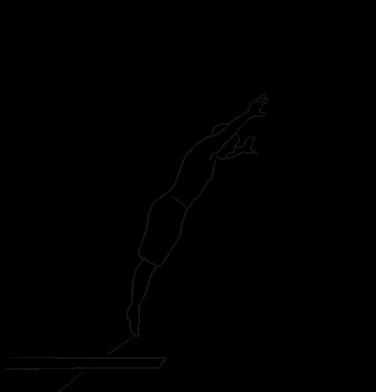
Art and words by Karolina Kocimska 47.Art &

48. Art by Ben Coultas-Roberts GLIDING
The Ursies Pool
Luca Ittimani
Ursies has a pool. They all deny it but I’ve seen it and I’ve swum in it. Here’s what I know.
Two weeks ago I got lost in Ursula Hall. I’d dropped in to see a mate and after a while I needed to use the loo. “Don’t use the ones on my floor,” he warned me. “There’s a sour reek to them.” What a surprise! He took me to another floor and sought out the tidiest toilet. “Just come back to mine when you’re done,” and off he went. Of course, the second I stepped outside the bathroom, I was totally lost.
I shook my head and tried retracing my steps, going up and down with no idea of where I was. I racked my brains trying to recall a landmark I’d passed on my way, anything interesting at all. Was I a floor up? A floor down? To the east wing? The west? I searched for a sign, any indicator, but the faint stale scent of bulk-bought cleaning product was overpowering. Ursies’ lack of character was proving fatal. I swear I walked past the same three light-grey-hoodie-wearing residents about twenty times.
My head spinning, I ended up in the laundry and watched the machines whirl their loads round and
round. I could’ve collapsed right there. But a vision came to me, of a set of smirking econ majors standing around my unconscious body, stuffing my mouth with dirty socks. Fear coursed through me. I forced open my glazed eyes and stumbled up and out.
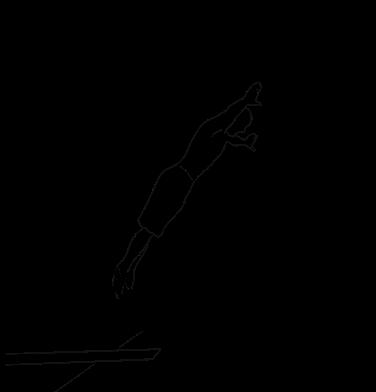
At this point, my sense of direction became even worse. I rushed towards the brightest light I could find, desperate to get out of the building. This method led me to first run smack bang into a window, and then into some fuck with a laser pointer, who cackled as he burned out my retinas. Shrieking in fear, I stumbled down the nearest stairs, pushed through a door and slammed it shut behind me. I stood quivering in the dark, sweat dripping down my brow, listening for the optical anarchist. Silence. Or near-complete silence... broken only by the gentle lapping of water.
Water? I turned around and took in for the first time the space that I had entered. Out of the void there emanated a faint turquoise glow, accompanied by the contented hum of a filtration machine. I grasped

Art by Cynthia Weng 49.
for a light switch, heard the click, and the swimming pool of Ursula Hall revealed itself to me, in all its 25-metre glory.
Looking back, I wish I’d taken a moment just to take it all in, every detail. But the chlorine scent was intoxicating. I scrambled over to the water’s edge and gazed down into the 4-metre depths. This was luxury like I’d never known an Ursies ressie could have, and I didn’t waste a second of it. I dove right in. My ordeal had left my body exhausted and my mind numb, but the water sent a buzz from my forearms to my feet.
I didn’t even make it to the end of the pool. So jubilant was I at the discovery of this sanctuary, so euphoric at finding reinvigoration in the perfect 26-degree water, so confused that Ursies had a pool, that I paid no attention to my surroundings. I was swimming and floating in turns, meandering down the lane, grinning uncontrollably.
Then, spindly fingers gripped my legs and dragged me sideways. I writhed and kicked in fear to no avail. Cold, strong hands accumulated, digging into my calves, and my assailants pulled me up and out of the pool. Coughing and spluttering, I looked up at the goons who’d interrupted me and saw the econ majors of my laundry room vision. I had only the
time to notice their eyes - even more soulless than I imagined - before a bag was pulled over my head, my hands tied, and I was lost to the world, hoisted onto their shoulders, my fate in the hands of my hellish hosts. A high drawl: “No outsider uses the pool.”
As they lugged me upstairs and down hallways, I did everything I could not to panic. I tried to geolocate myself, but I didn’t even know how I’d found the pool in the first place. The trek felt eternal. I dared to ask: “Are we going in circles?”. Raucous laughter from the goons. “You’ll never find our pool again!” crowed one. “And no-one will help you even if you try” said another.

They dumped me on a bench in the central courtyard, untied my hands and ran off snickering. I pulled the bag off my head. I knew what I had to do. I went straight back in and started asking people about the pool. Surely they wouldn’t all gatekeep it. But all I got was blank stares. I texted my mate and told him the whole story. All he said was “lmao”. No-one will admit it. The ressies act like they don’t know it’s there. I don’t even know where it is. But I saw, I smelt, and I swam in a pool under Ursula Hall.
Succeed where I failed. Take the fight to them. Find the Ursies pool.
50. Art by Cynthia Weng

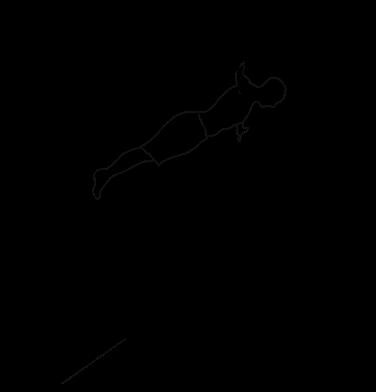
Art by Max Macfarlane 51.
To Feel: What the Ocean Has Taught Me
 Ella Rose Nicholls
Ella Rose Nicholls
I did not feel affiliated with any spirituality. Until I met the ocean. Or to put it better, until I knew the ocean. In actual fact I met her when I was very young, but I only truly found her when I grew older.
I swam and played and listened to the blood rush through my veins inside seashells. But it was all fun. All games. I did not listen to the sermons, the wisdoms, the joys, the fears and the aspirations I was being gifted by the ocean. To find these things I would have to learn and grow and become subsumed by the ocean. This took me some time.
I know people who are going to die too young. Giving your heart to someone has only ever ended in sadness. I am not everything to some people. And now I’m sitting with feelings I had only heard about. Life seems to get harder with age. But I keep coming back to the ocean.
I left my life in this landlocked prison and travelled to the coast, to my home. For seven days I escaped, for seven days I swam. I returned with my hair wavy. Full of salt. I felt terrible but I was stronger, more resilient. Fortified. The wash and the waves had called me into question and demanded I face the things that I was unsuccessfully trying to escape. Learning to sit with feelings and being confident in the knowledge they would eventually pass. The ocean speaks whispers of things I can only learn through time. Nothing is stagnant. Waves come and go, they return to the ocean, part of an evermoving entity. My life mimics the tide, it is stable and predictable – I am nothing special – but still it crashes and it roars and it throws me around, filling my lungs until it’s impossible to breathe. I use the water to physically escape. The feeling of freezing waves in the crisp birth of August is a pain I know I can endure, a feeling I can control and stop at any time. It is suffering, but it is chosen, an act of empowerment. Its physicality has granted me a metaphor, a way to process change. The ocean is a teacher.
My first lesson came through research. A long drive and a short flight to a tiny island on the Great Barrier Reef to monitor the dying coral. To tell important scientists information they already knew. The reef is disappearing. Concrete and disappointing, I researched the length and lines and faded hues in the banks of the island and I felt nothing. Compartmentalised the impending doomsday.
52. Art by Rose Dixon-Campbell
Then, one night, I couldn’t sleep. After hours of torrential tossing and turning it was finally sunrise, it was finally an acceptable time to put on my swimmers and dive into the ocean. Tackle the side of the island not protected by a reef. I am a strong swimmer but this was dangerous. Deciding not to take my research with me, instead I chose to leave it stranded beneath my bed half-finished. It only served as a reminder of the unfeeling and impersonal observations about the underworld. I didn’t want that.
Fitting my mask and flippers. Feeling a certain level of regret. It was so cold. But the sunrise crept through the clouds, beckoning me into the shallows. Under water the light pierces, fracturing the crystal skin. I felt the tingle of something unfamiliar. A force I hadn’t yet reconciled within myself. Peace. I was awoken. In this awakening I realised my exhaustion. I became newly aware of how much I had been holding in my chest and how taxing that had become. The ocean held me. I closed my eyes and felt every goose bump. When they opened, I was surrounded. Twenty turtles. The most surreal, beautiful piece of art I have ever seen. You can’t touch turtles, even though they are friendly, even though they stare and wave and brush against your leg. You cannot touch them. That would be unkind. If we were to stroke and pry, they would be liable to unlearn everything the ocean has taught them.
In that moment. Focused on nothing but the creatures who had chosen to observe me that morning, I let go. I felt something. I felt magic.
There is nothing I believe in more fervently than magic. Magic. The ocean is magic. Intrinsically linked to feelings I have no way of articulating. Sometimes music sounds how the ocean feels. A point I cannot say anything further about, there isn’t a way I know how. It engages the brain in ways that are whole and complete. Some people call it God, water is used to signify holy redemption for a being bigger than us here on earth. Only it, in its grandeur, can grant ablution. Others find oceanic spirituality from the gems, the pearls and shells on the shore. Magic is in the ocean, in its magnitude of power, it keeps me coming back, engulfing me in a continued experience I can only comprehend as ethereal. I am connected to a spirituality previously undiscovered. Mostly, the ocean acts as a constant force. Something calming and reliable that I can pin my woes upon.
Mercurial in its liquidity, the ocean only reflects. It does not absorb or reject. The love I feel, the time I give. It bounces back to me. I am shown what I am. What I deserve. I am given a warning, a note on absence.
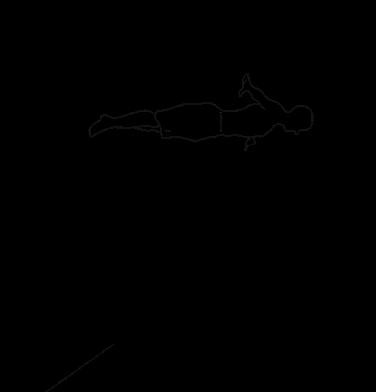
No one I know speaks about the ocean in the same way. It exists as part of our individual realities.

For my mother it brought healing. It took the form of tears and washed-out stale words, dusty feelings. She floats in the ocean to escape.
For me it brought freedom. To know the feeling of being unseen. Of having eyes everywhere but having none of them on you.
But to have to be kind for survival, that was where it kept me grounded. Shook me back to reality and forced me to face the hand dealt by the real world.
Art by Rose Dixon-Campbell 53.
A Bittersweet Beginning
Dallas
CW: Mentions of domestic violence
There’s something so heartening about human impulses once we’ve experienced hurt. After five years, I’ve finally reached the dreaded point where the person I love is breaking up with me. I didn’t expect it to happen, even though I knew it wouldn’t be forever. I still don’t understand why it happened, despite them giving me so many explanations. Maybe it was the fact that we’d be moving to different places and doing other things. Or perhaps they had simply lost feelings after these years and needed to move on. Maybe they wanted to discover themselves as an individual rather than being one half. My mind continuously attempts to rationalise my feelings. But there’s no doubt I’m in denial; hoping that there’s a slight chance they will change their mind and I can wake up from what feels like a bad dream.
The first week after the breakup, I was crushed. Physically, I felt depressed to the point I was nauseous and emotionally, I had never felt so isolated. What would I tell my family who once shared every significant event of the past four years with my partner? Or my friends that see me as one half of the power couple? The person I saw each day as I opened and closed my eyes will no longer be there. They’re no longer there for me to lean on, or merely hold when I’m feeling empty.
Although it still feels like I’m grieving a part of me, I’m okay. I’ve returned to studying, eating normally, and putting myself out there socially after closing myself off for a few weeks. I haven’t told anyone about my situation yet. Partly because I don’t have the emotional capacity and partly because I feel I don’t have any reliable friends.
As the end of the year approaches, I need to start thinking about what I’ll do with myself. What was once a simple plan to move into an apartment with the love of my life has become a confusing, lonely, and scary journey. Despite the chaotic thunderstorm of thoughts spiralling inside my head, human nature refuses to let me fall underwater and drown. I feel pushed to say hello to the people I was too scared to approach earlier in the year. I feel inspired to challenge my body physically and explore the world. I feel excited to

54. Art by Genevieve Cox
redesign myself physically and mentally. Why didn’t I have the urge to try these things before I was hurt? I don’t know.
Why do we have this internal battle to become the best version of ourselves after we feel pain? Growing up in my ethnic household, each hit from my parents would result in tears, but then a raging desire to achieve greatness, proving that they had underestimated me. When one of my best friends suddenly passed last year, I completely crumbled. But I quickly realised that I wanted to be better to the people I loved and look out for them unconditionally. It could be stubbornness and ego within humans that make us behave in this way. Or maybe it’s just that we seek to prove that we are better than whatever tries to bury us underwater.
At the end of the day, I think there’s a sense of complacency within us that stops us from bettering ourselves. We sit back and enjoy the ride when life works in our favour. We enjoy the little things that make us happy. We have a routine and repeat it until it no longer works one day. Ultimately, that’s how life goes. I’ve entered my twenties well aware of this fact. I know that things don’t always last. I know that people change, and something that once sparked joy, may longer not. I know that there comes a time when we may have to let go of the people and the things we

love. Moving on from heartbreak and pain is like shock therapy. It’s the trigger we sometimes need to grow.
These sudden shifts make us adapt, explore and pursue new versions of ourselves. In this moment, there is a large glistening red reset button enchanting me to press it. Being hurt opens our eyes; it allows us to escape complacency and comfort to become better than we thought possible. I know this piece may feel like a tacky uplifter, but it isn’t supposed to be. I’m finishing this year scared, anxious, and isolated for the first time since high school. I feel like I am at rock bottom, but this is what also excites me. I know things will work out for me eventually. I’m excited to see who I am in ten years. And so, to my partner of five years, thank you for the comfort you’ve provided me and for giving me a chance to become someone new.
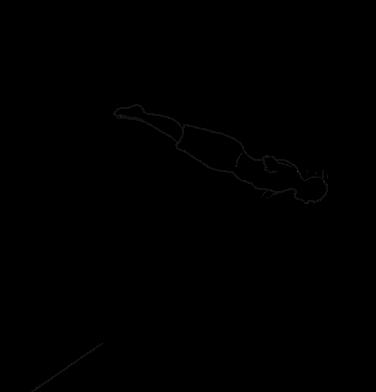
Art by Rose Dixon-Campbell 55.
Hotel Hell: The Doomed, The Damned, and the Deranged
Elizabeth Walker
CW: Light reference to suicide.
Serving out my sentence working in hotels, I have not yet met a guest without an air of lunacy. Onceordinary people are undone by tight-lipped smiles and eyes like a caged animal.
A sense of unease sweeps the mind while lying in a bed made by a stranger. Someone unknown smoothed their hands over your sheets, folded your still warm pyjamas, saw the outline of your naked body in the indent you left behind. The waitress you see for dinner will serve you again for breakfast the following day. When she remembers how you like your eggs and coffee on the third day, it’s intimate. She has your room number on file. For a contractual period, she knows exactly where, when, and how you will sleep. You are anonymous, and you are being watched. This constant surveillance encourages a particular strain of peculiarity. The longer you stay, it blooms. It ferments.
My most recent stint at [REDACTED], a chain with low nightly rates and seven floors of rooms, has confirmed suspicions that there’s no normal way to behave in a hotel room. It’s the wild west out there. Trash the room, complain to the staff, drain the minibar? You’re out of control, a total Karen. Stare straight ahead, make your own bed, and keep totally silent? You’re hiding something. Pervert. Scream for hours on end, smear the walls with your own shit, proclaim to be God? That’s a classic, the Russian Sleep Experiment routine. You’re probably a platinum card carrier.
For a snooping Gemini who loves other people’s business, running room service is like Christmas. Each door is a world of potential—gleeful squalor and disrepute.
From one door, a tattooed gut crosses the threshold before a greeting gets the chance. The
towel loosely wrapped beneath it is another piece of the puzzle. You knew I was coming, you sultry, sultry little minx.
From another, a breastfeeding mother gives me a wave of recognition.
A woman I recognised from the bar peeks out from a room I could have sworn wasn’t hers. Her hair is askew. She gets a trayful of Sauvignon blanc and sticky date pudding, and in return, I receive a toothsome slice of her life.
Escape to The Country blaring on the TV; eye fillet, well done. Bottled Coke No Sugar. I see the guts of your suitcase strewn across the floor. These morsels of information coat the back of my mouth with fat. I may not know your name, but I certainly know which toothpaste you buy.
As much as each guest clutches a veil of normalcy over their mouldering, corrupted, hideous insides, working at [REDACTED] night after night tempts me into a similar delirium. I have no idea what the fish of the day is, apart from frozen. Frankly, I don’t know what day of the week it is. After going without a full meal in the last 48 hours, even a rotting dayold parmigiana left in the hallway looks tempting. I don’t even eat meat. On the way to my shift, I cried to a P!nk song in the car. I fold napkins and vaguely consider sticking my head in the industrial oven.

We’re both here, trapped like orcas in an undersized pool. We pretend to feel right at home in strange rooms, bare our teeth in rictus grins, mow crop circles into carpeted hallways. My back seizes up standing at the till, while I charge you for a fifth glass of Pinot Gris. You should have just bought the bottle. Why do so many people insist on using the spa in the rain?
Lowered popcorn ceilings make fools of us all.
56. Art by Cynthia Weng

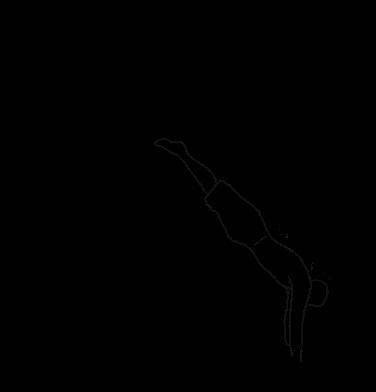
Art by Brodie Harris 57.
The Hunt for LBGM

CW: Mentions of drug use
I have never been diving. Luckily for me, decades ago my Dad and his mate ran a fishing and diving business up in Far North Queensland, so I’m pretty sure it’ll come naturally. I try to whisper affirming statements to myself. As it turns out, that’s pretty difficult with a breathing apparatus over your face, so I give up and enjoy the sensation as the preplanned waters of our fair capital envelop me.
I am on a mission to find the elusive Lake Burley Griffin Monster, the mysterious LBGM. My interest was sparked by a conversation with Tim the Yowie man, an expert in cryptids, which apparently is the formal term for legendary creatures. Bunyips, werewolves, Bigfoot, the whole shebang. I jokingly asked if we might have a rival to the Loch Ness Monster right here in the Bush Capital. Imagine my excitement when he said there were rumours! Although he immediately postulated that sightings of it were likely ascribable to an oversized Murray Cod, or a telegraph pole that fell in, I knew in my bones that he’d hit on something. Even if he didn’t know it himself.
The first thing I see as I glide smoothly through the water with the grace and body shape of a seal is a veritable graveyard of shopping trolleys. Figures. I’ve always wondered why people are driven to destroy things that exist purely for the convenience of society. My
theory is that in the early stages of childhood there is nothing more important tha—
SHIT! Someone nearly dropped a Neuron scooter on my head. As the orange blur sinks down I jerk and narrowly avoid a purple meteor; I spot a Beam floating down beneath me. Note to self, avoid swimming under the bridges. Fucking degenerates.
Next, a cloud of unearthly jelly fish floats towards me. At first I panic, but as they get closer I realise they are used condoms. Then my panic intensifies. The sheer variety of size, texture and colour on display is strangely mesmerising. But the question as to how recently those condoms saw action is alarming enough to propel me in another direction faster than a man shooting heroin outside Smiths Alternative at 11am on a Wednesday. Last night was a Thursday after all.
I float up and focus on pushing away thoughts of voracious schools of condoms swarming me. After drifting for a bit, I look up and to the west spy Black Mountain Peninsula. To the east I can hear the bridge on Commonwealth Avenue humming with traffic. I dive back down. I am not prepared for what I see.
A city! Or at least some sort of regional centre! Our very own Canberran Atlantis! Lick my taint, Plato!
58. Art by Max Macfarlane
Elroy James
I see what clearly used to be a racecourse, lots of cottages, sports fields, playgrounds, even two whole golf courses! This must be the ruins of the town where the workers who built the lake lived before it got filled in! All of it shrouded in the remnants of the life that continues in Canberra: Zambrero wrappers, another cloud of what looks like jellyfish that I realise upon closer inspection are discarded togas, MORE FUCKING SCOOTERS, and a 2018 Dodge Challenger Demon with such a shithouse personalised number plate that I immediately ascertain it’s Kyrgios’s. Obviously Nick had a particularly big Thursday last night. There are discarded AFL jerseys stuck in broken cottage windows, vestiges of the fateful decision made by every rural or southern emigre who realised moving to Canberra meant swallowing their pride and converting to the NRL’s mighty Milk. There are also, weirdly, hundreds of gavels. I guess the High Court has a one time use policy. I observe a tractor draped in saints and sinners type costumes. As a crucifix floats past I ponder whether the water has put more holes in the outfit I see waving in the water, or if it just belonged to a particularly slutty nun.
This bizarre intrusive thought makes me realise my oxygen is running low. I take one last dive down deep to see if I’ve missed anything, and boy have I! Rising up at me from the depths is something that looks like a large, grey, wooden, sort of upright canoe, with a head on top. As I get closer, I realise it’s an owl head.

At its base I see the outline of a plaque, and rubbing away the algae that’s accumulated I make out the wording:
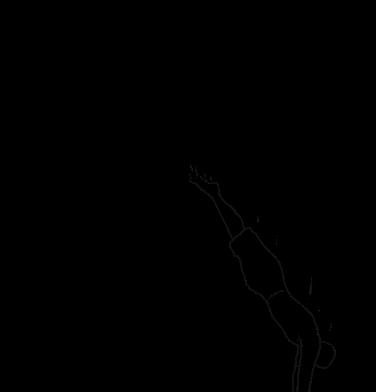
I was once the Belco Pussy Owl, the equal and opposite to the dastardly penis owl of notoriety. In ages past we kept order in this
Capital realm, a yoni and a phallus, each balancing the other to ensure harmony and prosperity for all who inhabited our domain. But one day, penis owl, conspiring with the dark forces of misogyny, had me removed from my place of pride, my plinth at the intersection where Belconnen Way and Benjamin Way meet, and hidden here.
He has restyled himself the Big Powerful Owl. Pfft. We all know he’s a dick.
But despair not at this turn in my fortunes. For although dick owl thinks he has relegated me to watery history, my time in these liquid depths doesn’t diminish my majesty, only enhances it. For I am in the process of becoming that which no mere dick can defeat; not just a pussy, but an extremely wet pussy. Go from this place mortal, and prepare for my coming.
WAP OWL xoxo
I am dizzy and overwhelmed. Excited and disturbed. I turn to swim up and the next thing I know a kindly hobby fisherman is asking if I’m okay. Apparently I was knocked out by yet another thrown scooter. Luckily he happened to hook my cheek and reel me safely in, although he was disappointed I wasn’t the huge Murray Cod he’d been expecting. I feel a strange sense of kinship with this man who has also failed to find the beast he was looking for. Unfortunately, what comes out of my mouth upon regaining consciousness is, “Have you ever heard of the WAP Owl?”, so they have decided to keep me in for concussion observation overnight.
Although I haven’t found the LBGM, I am pretty stoked with what I’ve found looking for it. Anyway, they do say never meet your heroes.
Art by Max Macfarlane 59.
Sisana Lazarus
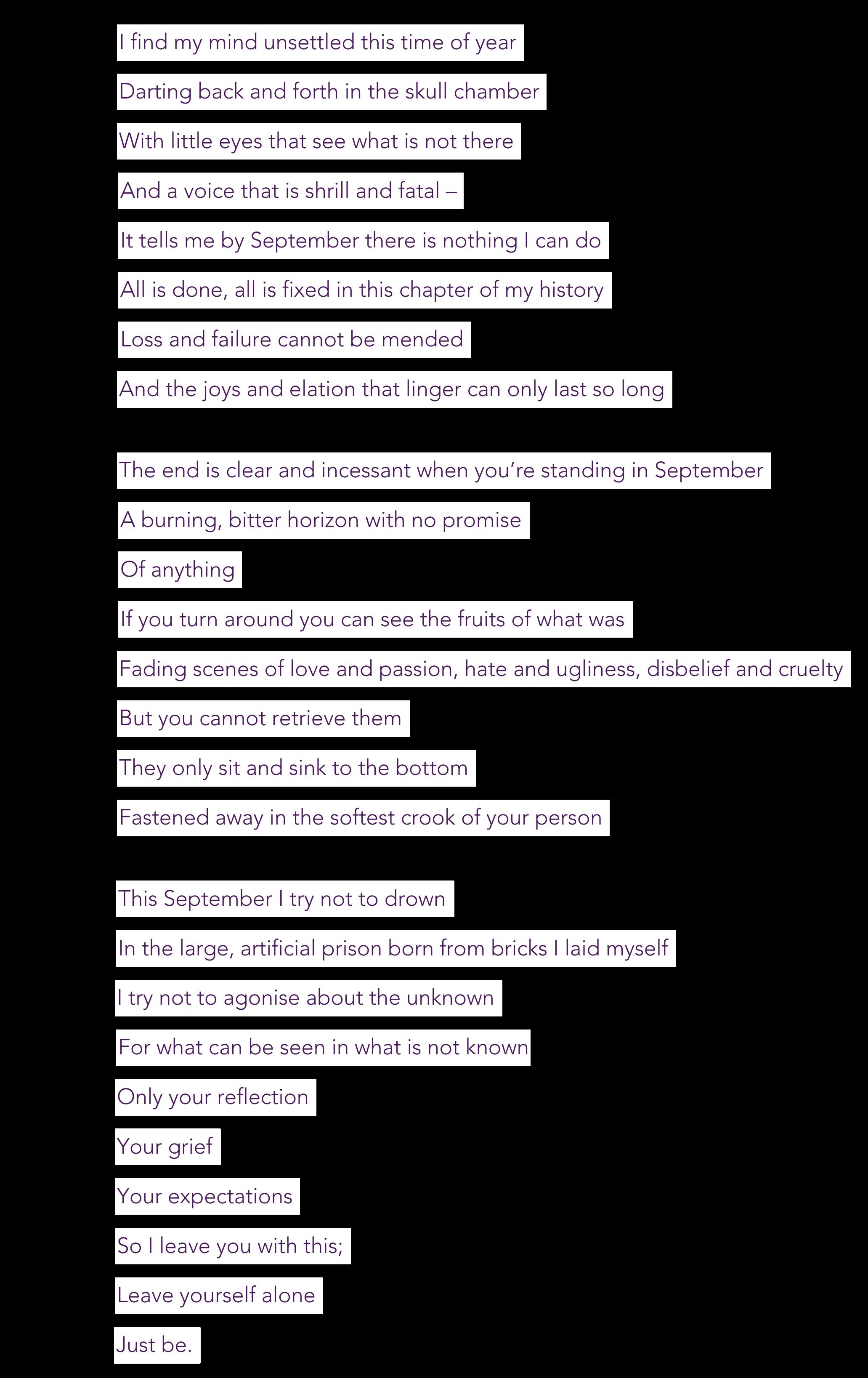
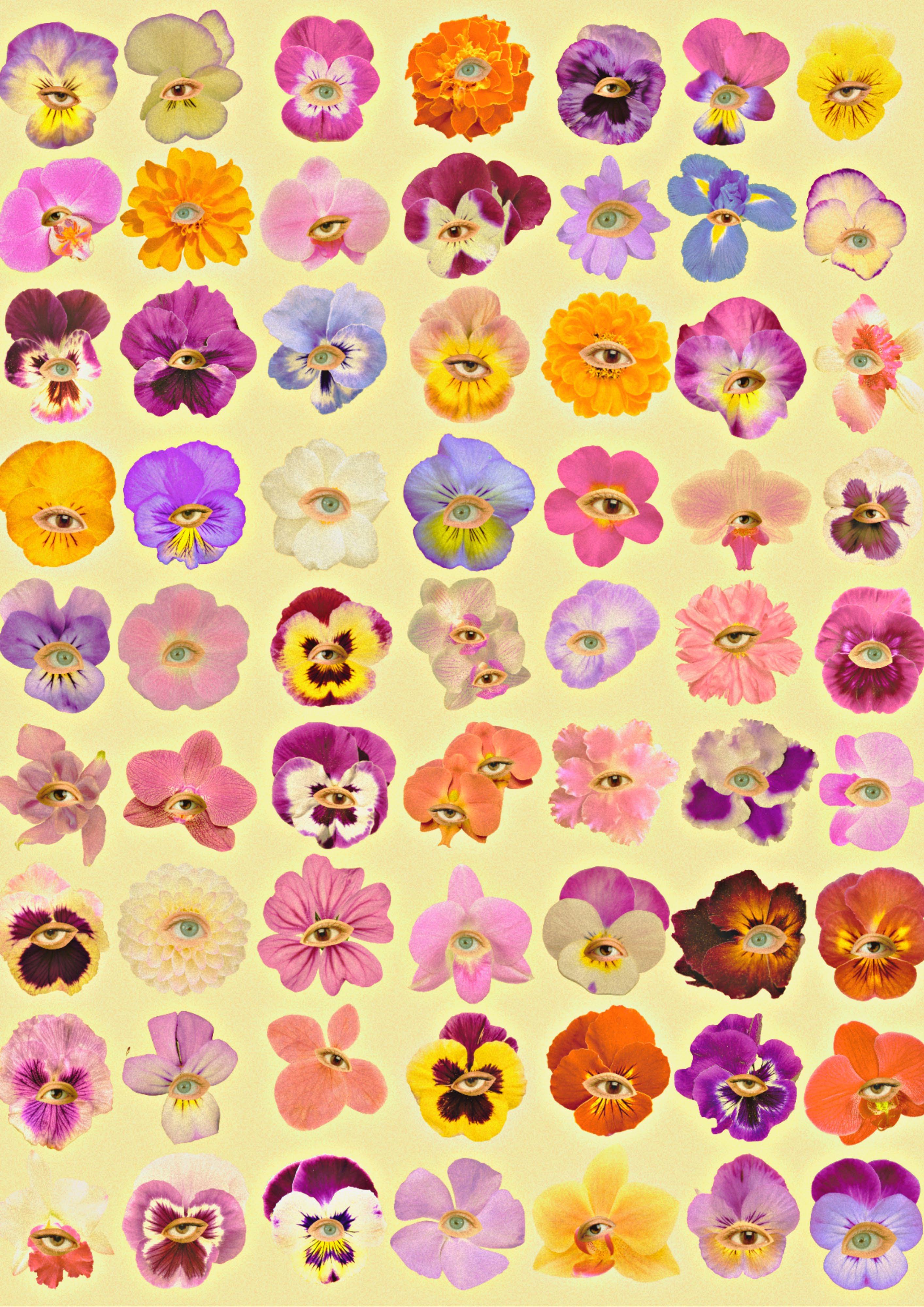
60. Art by Rose Dixon-Campbell September
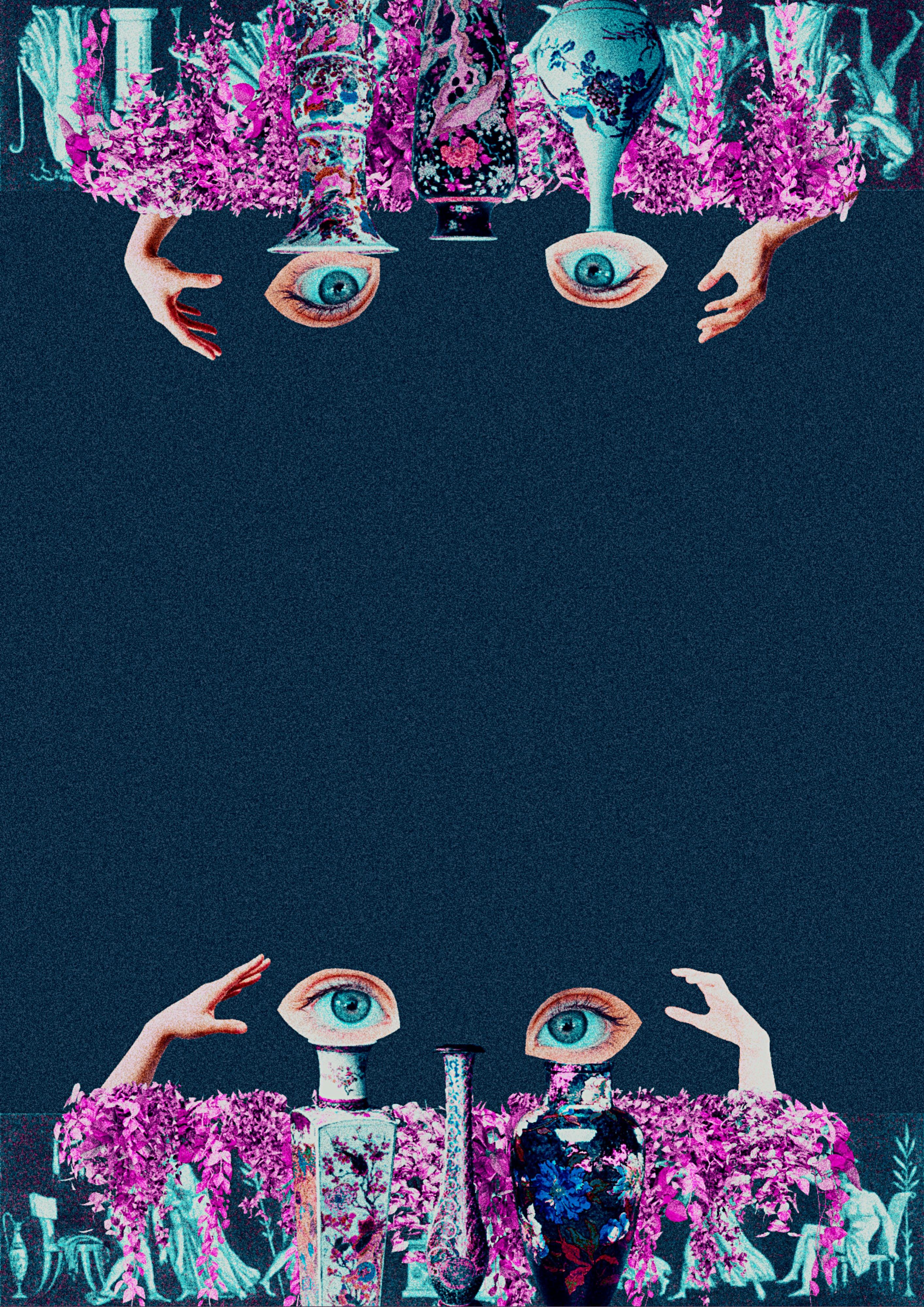
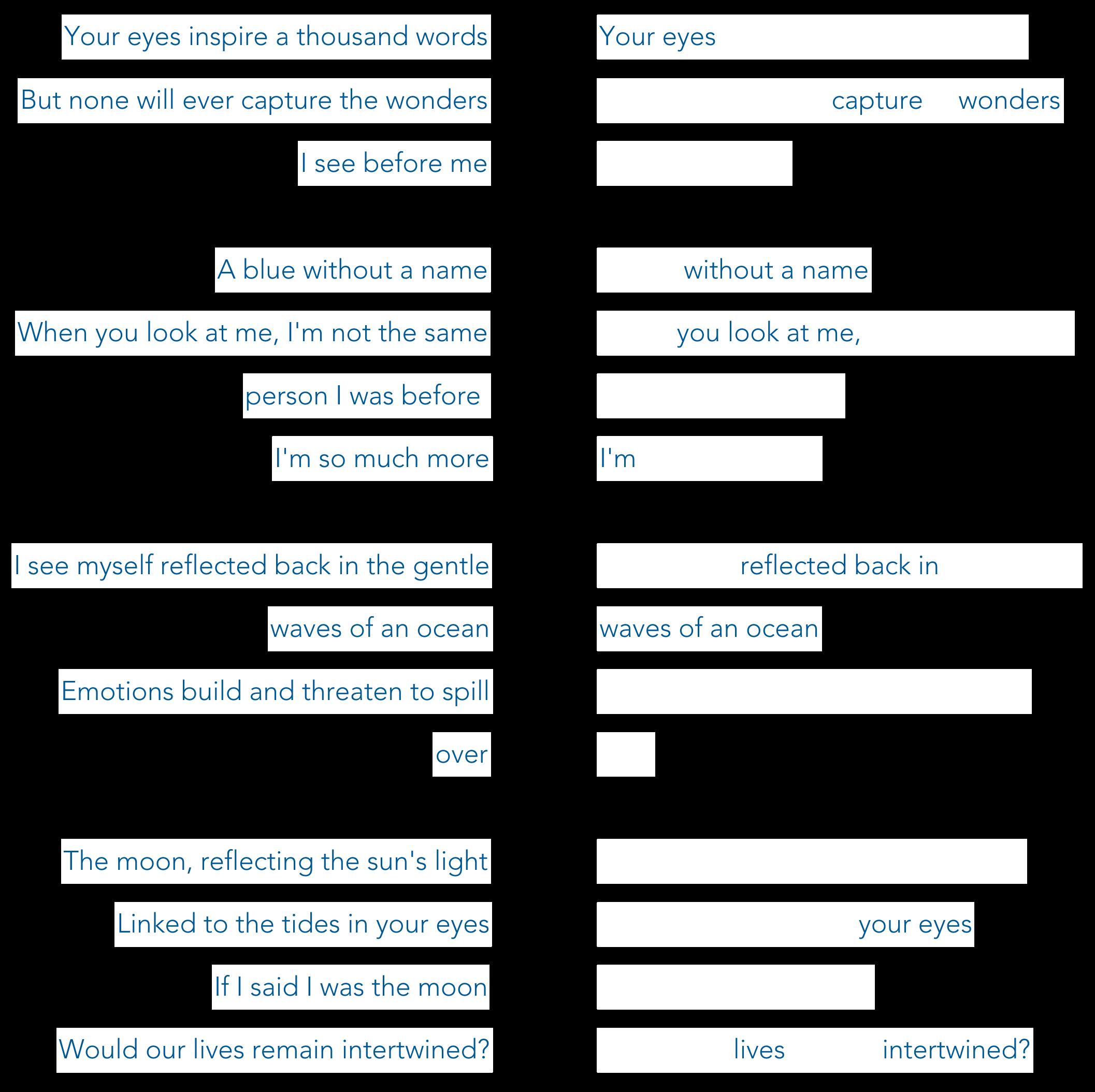

Art by Rose Dixon-Campbell 61.
Midnight
Blue
Carly Johnson
Crystal Voyager by George Greenough
 Karolina Kocimska
Karolina Kocimska
Demolishing the rest of my burrito from the Guzman Y Gomez just across the park, I walk through the entrance into the large outdoor seating area of the Railway Friendly Pub. Or, as the locals call it, simply The Rails. It is half past four, and for a free outdoor mini-festival , I expected the place to be more full. I loop the outdoor area and the indoor bar section and, seeing no one I know, I drift into the toilets. After a comforting dose of screentime, I emerge fifteen minutes later and buy myself a cider. Attempting to relax, I sit-stand at the back table, partly obscured by a wide column. God, why weren’t there more people? I should’ve come way later. Leaving and coming back later has been significantly hampered by buying a drink.
My eye lands on the head of Tommie and his friend, both of whom I’d met at kayaking that morning. Tommie and I had both come as solos, so we’d partnered in the two-person boat. After the pleasantries and the establishment of common interests, we’d moved on to sibling relationships and disillusionment with modern capitalism. The sun was warm on my skin, and the water a sharp turquoise. Pods of dolphins swam in and out of the bay, their fins glistening. Tommie and I got each other’s Instagrams and said we’d see each other in the afternoon.
It was now afternoon and a pit had formed at the bottom of my stomach. The inevitable admission was coming.
Feigning nonchalance I approach the group, seamlessly sliding into conversation, it’s a beautiful day isn’t it? Friedrich from Germany and Lavi from Israel (whose favourite band is the Italian rock band Måneskin), Tommie’s friends from the hostel, are standing around the wooden bench.
“Do they have mullets in Germany?”
Apparently they do not. Not in Germany, nor in Israel, nor in Italy I find out later. Lavi informs me that if someone has a mullet in Israel people cross the street to the other side. I tell them Australian girls love them (I am ‘Australian girls’).
Tommie pulls me aside. “I think you’re really cool and attractive and I fancy you,” he tells me, his arm around the small of my back.
“I also think you’re cool and I appreciate the honesty but the truth is that I’m just not horny. Could we leave it just as friends?”
He assures me that yes, for the rest of the night we will indeed be friends. “This isn’t going to end just because a root is off the table?” I inquire. No no, of course not.
The place is packed to the brim with sandy blonde hair, loose collared shirts and tees, Docs and scuffed Vans stepping over one another. The crowd compacts near the stage, heavy guitar and bass guiding the quaver of heads and shoulders. Indignant vocals pulse through the speakers. Their Spotify bio tells me I will hear “vintage blues as well as modern-day psych and stoner rock influences.” I swim through the influences.
The next band is on. Tommie snakes his arm through mine pulling us close. Soon another arm lands around my shoulders, our bodies pressed together. I hear him woooo behind me. Can you woooo with a Manchester accent? My bopping is hindered by the weight of another. Restricted. Chants of I’m Fine, I’ve Said Too Much, But How Are You? encircle us. I peel the arms off me, ask Tommie to be gentle – “I’m tired,” I justify.
62. Art by Brodie Harris
The headlining band strums their first chord. I’ve heard them before and feel the familiar progression move from my feet, deep into my veins. We navigate through the coagulation of bodies and end up in the front corner. The spaces between people constrict. Sweat that isn’t mine glimmers on my skin. Drink that isn’t mine lands on my hips and jeans. I close my eyes and imagine a little orb forming my private dancefloor. There’s a guy with a dropper of shrooms – apparently you can do that? A mosh opens up a meter from where I stand. We all stumble and heave from the weight of others losing motor control. Yells of so sorry! met with smiling understanding.
I tell Tommie I’m going into the mosh, tucking my dangly earrings into my pocket. I can’t hear his confusion over the speakers, but let him know I’ll meet him after. The guitar guides me through, the rhythmic mangle of bodies a welcoming home. I think of the Fidlar concert back in 2019 where they made a Girls Only Mosh for one of the songs. Still my favourite embodied experience to this day.

The crowd lurches forward and backwards, the stage barely raised ten centimetres above the pavement. Silence is imperceptible in the electric buzz left after the lingering note of the last song. The vocalist starts speaking to the crowd, every word soaking into every pore “You’re all beautiful just the way you are. Don’t be afraid of being yourself because of other people’s judgement.” Advice given since picture books, yet it feels real and raw between loud and grimy surf-indie refrains. My eyes meet the those of the girl across from me who smiles and shakes her head in time with mine. “We’ve got one last one for yah” reverberates through me and her and the bodies surrounding us. My fingertips float through the air along sound waves felt in every fibre of every being in this moment.
The hum subsides and the crowd flushes out. I find Tommie and his friends, tell them I transcended in the mosh. Tommie is confused “It’s like you’re into me but you’re not, I just don’t get you.”
“I’m not into anyone” I respond. Hadn’t we been over this earlier? I attempt to explain. “You know I’m just doing my thing, just trying to have a good time. I’m doing a solo holiday for a reason.” He’s still confused, doesn’t understand why two people with such a ‘good connection’ are ending it like this. Dude I just wanted to dance on my own and literally told you so hours ago.
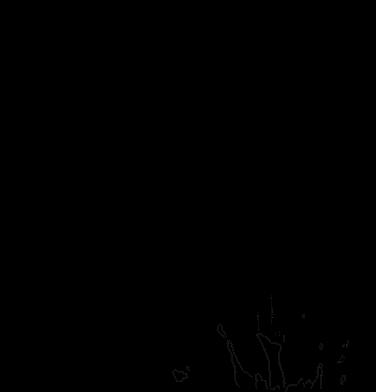
He leaves, and I’m left standing alone in a thinning crowd. Feel like a bit of a baby animal, leering eyes about to pounce in every corner. Try to find a group of women bopping along to the DJ that I can join. “Hey everyone I know has left, is it okay if I dance next to you”? She nods and, smiling, says “of course.” I relax, regaining some autonomy over my body and space. We’re both enjoying the rhythmic boom throbbing above until I have to lean over and tell her “Just letting you know that a guy has started dancing on you behind you – tell me if you want to swap”. She adjusts and soon enough they’ve switched off the music and closed the bar and told us the night is over. “You saved me,” she says before inviting me to come meet her friends. She’s from Uruguay, leaving for North Stradbroke Island (or Straddy like she says) tomorrow, and her friends are two guys from Argentina. I ask them what they’re doing in Byron and Felipe looks me in the eye and says “I follow the line of chill.”
We stumble home through fragments of conversation and a visit to the 24-hour bakery. I meet an Australian guy called Archie. Turns out he’s just graduated from ANU, packed his car and moved here two months ago. I make the mistake of getting a custard tart that jiggles tastelessly on the first bite.
Archie walks me home, the rocky path illuminated by the full moon. The tide is out and the lulling waves shimmer under the moonshine. “I’ve never seen the beach like this before,” he murmurs. Archie says art history classes were his favourite while at ANU, “do an art history class if you can.” I bid him goodbye at the gate and thank him for walking me home.
Art by Brodie Harris 63.
Oh! I Who Love Thee
Kieran Knox
Here is a tale long in the making.
Once, there was a man in love. Pure, desperate aching love.
For the object of his affection was a Dead God washed upon the sandy shore. None knew from where or whence the God had come, nor how it died.
Merely that on one grey morn a thing of a hundred wings with feathers of fish scales was borne upon the waves to slither lifeless onto land.
And the people were witness to a miracle. For in the God’s wake the ocean did not heal.
A blistered path paved into the waves who crashed and crushed themselves on walls intangible.
A single garden’s road passing to the horizon before descending down beneath the sea’s skin.
Many trod the path left in the Dead God’s wake eyes overtaken with awe as waters rose to eclipse their heads raging, raging all about them never grazing even a finger’s weight upon them.
But no soul ever walked beyond the path’s downward slope below the watery weight

and into the darkest place.
And as is the way with all things mundane or divine the people lost their awe forgot interest and sorrow in such a being’s passing.
Though many tried none could pluck free a scaled feather or a piece of Dead God flesh nor could any find a centre to the corpse.
Were the teams twenty-strong two-hundred-strong or merely dozens-strong none could lift none could find the God’s dead centre no heart, no mouth, no eyes.
Now, pure and desperate love that aches is not a thing to come quite quick. Nay, this was fostered love passed down and grown.
From a great-grandmother who was not the first nor the last to set eyes upon the corpse. But so besotted with what she saw in those silver wings dewy with sea-salt was Ol’ Ma’am that she fastened brooches shaped like curving fish wings.
Her son did try to fight his own adoration, proclaiming as he grew that no brilliant reflection upon the Dead God’s brow would tempt his faith.
Another brother went the way of clergy holding talks and sermons in the shadow of fin-like wings.
The sister, a prim loon. Curls and lace in public squares but come dark there’d rise shrill shrieks and someone dancing in the night
between the silver fin-tip wings with a breath so ragged that more than few feared a terrible conjoining.
And on went the fever passed to children and spouse. The brother-denier an unwilling drunk lost in the colours given off when sunlight graced the Dead God’s hide. His children paint with strange grey eyes. The brother-prophet trained his spawn as missionaries clad in twisted trout skin. The sister-loon still plays her game oblivious to our disgust at her callow saunters shameless, maybe for her family goes and dance in skins.
The children bred for those marriages were not things of love and made new persons strange and hollow Stooping Steven Dancing Dunai No Name Prat Cannibal Milt and more besides.
64. Art by Amy Sitthilath
Until there was Natori.
Not a strange thing about the boy only pleasant only kind. Well, perhaps a little strange. For since his youngest words he told us all of how he loved it.
His many kin for all their works the strangest dancing and most unbecoming obsessions never spoke of love. They never dared give voice to that emotion swimming amidst their soulstuff never.
He spoke to it as he grew.
When his aunt, uncle and cousins retired from their dances he spoke one hand resting so gentle on the Dead God’s side whispering sweet nothings.
And of course, one day Sweet Natori best of his line disappeared. Said to have walked into the ocean’s swell diving beneath the waves.
But those are rumours whilst I know the truth of Good Natori’s fate. For he told me himself.
Long after his loss I watched him rise from the Dead God’s path wet as newborn babe water pouring from his skin. Though he walked upon dry land
I saw him as still below the water’s depths. I went to speak to him but found myself before a changed man.
His eyes were silver coins rippling like waves under a gentle breeze and around his mouth sprouted wings of scaled fish.

When he spoke his voice was the crash of waves underpinned by the creak of deforming stone deep, deep beneath the ocean’s face where only trenches and tombs of whales sit.
But his words were men’s. He told me he had walked in the step left behind learning the Corpse God’s name it was. He told me how he had sunk diving into a black muddy plain stretching forever in all directions beneath the weight of the world’s waters to meet with old things.
But they were kind and spoke in soothing tones with words which smelt of soft salt breezes and looked as dim stars hung in this watery night.
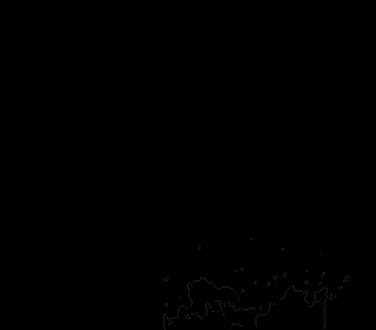
I have come, he said to love and wed us two. Be our witness.
I watched as one man did what hundreds over years could not. He took one wing, amidst the hundred in gentle grip as husband takes spouse’s hand and nary pulled as I swore to hear a sigh a gust of wind from something rotten taking another breath. They slid into the sea those two waves a gentle lap upon their skin kissing Natori’s head disappearing.
I watched for hours more reward with a glimpse as something massive far greater than the corpse we’d found breached the water high into the sky.
A turgid cry like whale song but from a thousand maiden throats and the shadowy shape of a kiss between Natori and something nestled deep between the fish-skin feathers with beaks and eyes and hands and mouths before they dove back to the water.
Gods.
He loved it.
I know it, saw it in his coin-coloured eyes.
I have never seen a love so deep I could have drowned.
Art by Amy Sitthilath 65.
REMI PRICA
In the spirit of “can’t be fucked”, we opened up front cover clout to a competition.
In reaching page 64 you will likely have seen the winning entry (hint: it’s on the front). The covers depicted here deserve clout too. They are beautiful and extraordinary and we’re grateful to the talented artists who entered. Thank you for sharing your

art with us and the world.

66.
YUSHI WU
GEORGE HOGG
FERGUS SHERWOOD
JASMIN SMALL
BRODIE HARRIS
BOB FANG
OSKAH DUNNIN & MATTHEW BOX


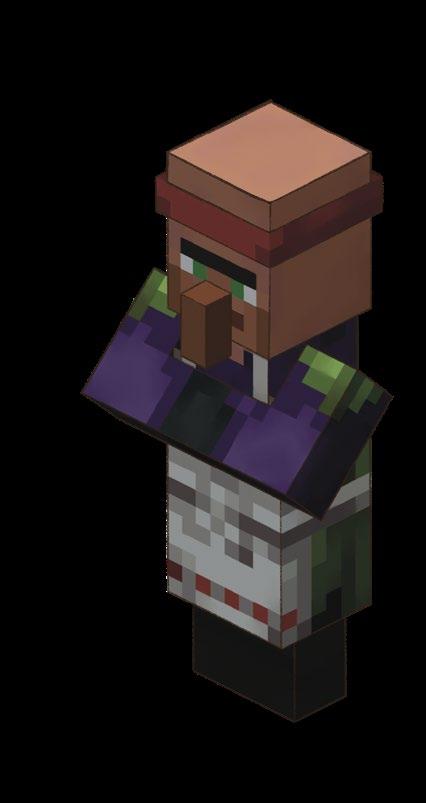
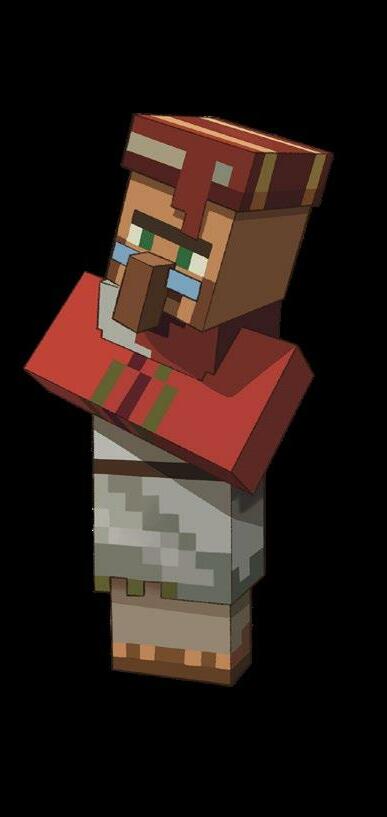









Radio radio@woroni.com.au Art art@woroni.com.au TV television@woroni.com.au Content write@woroni.com.au News news@woroni.com.au
We would like to acknowledge the Ngunnawal and Ngambri people, who are the traditional custodians of the land on which Woroni is created. Sovereignty of these lands and waters was never ceded. This beautiful continent always was and always will be Aboriginal land.

We pay respects to Elders past, present and emerging, and
acknowledge the ongoing oppression imposed upon them by the colonial system, of which the ANU is a product. First Nations people have faced the violent seizure of their land and the coercive suppression of their culture and language without reconciliation or reparations from the settler state.
Colonisation of waters stripped communities of their means of subsistence, interfered with water-based cultures and traditions, and undermined First Nations soverignty.
We acknowledge our own role in colonisation. The name Woroni was taken from the Wadi Wadi nation without permission, and we are striving to do better for future reconciliation. Woroni, like all media organisations operating on unceded land, owes a responsibility to First Nations people to amplify their voices and stories, and it is one we
hope to always strive to fulfil.


















































 Zair Ahmed
Zair Ahmed











































































 Ella Rose Nicholls
Ella Rose Nicholls
















 Karolina Kocimska
Karolina Kocimska




















